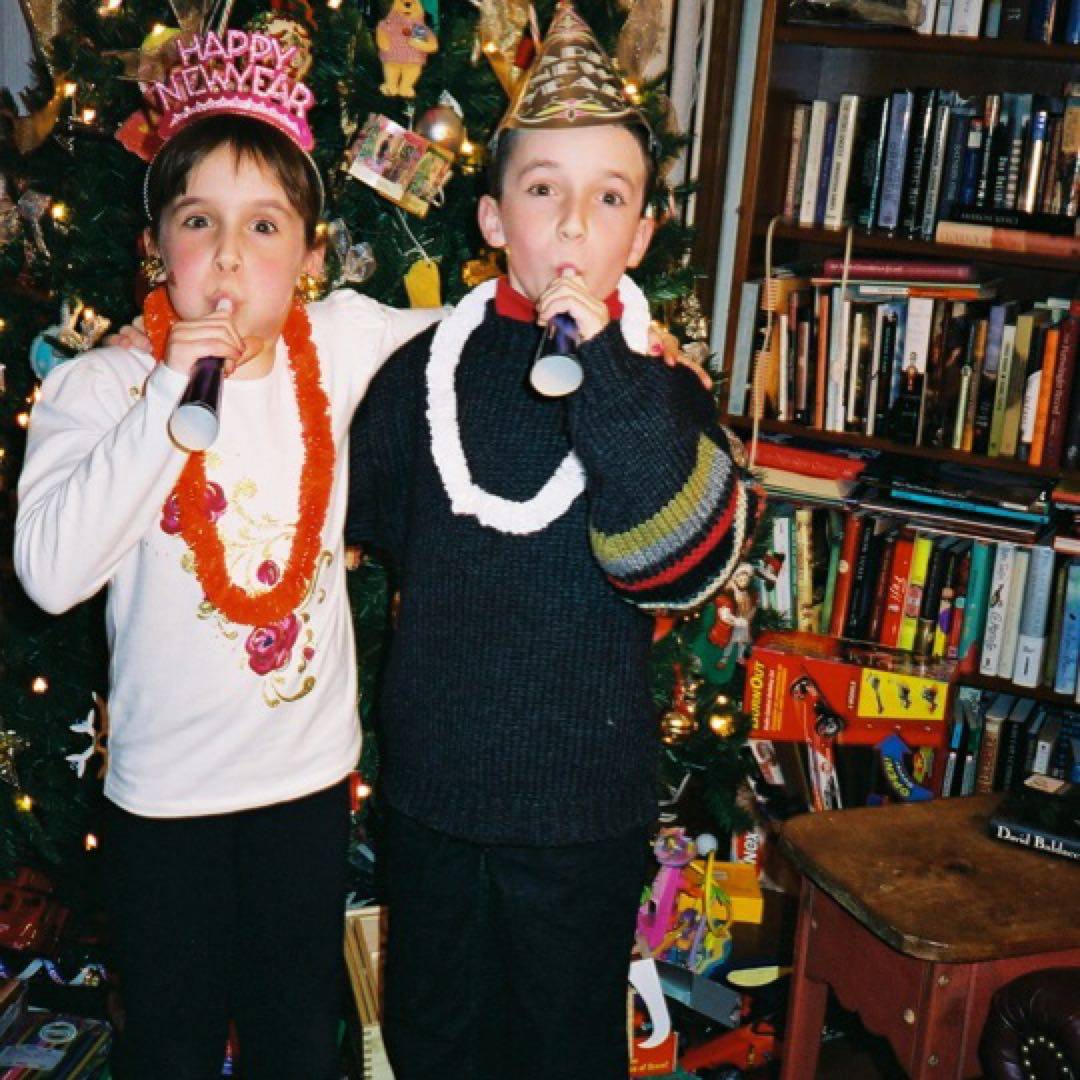
As my kids used to say, “Happy New You!”


As my kids used to say, “Happy New You!”
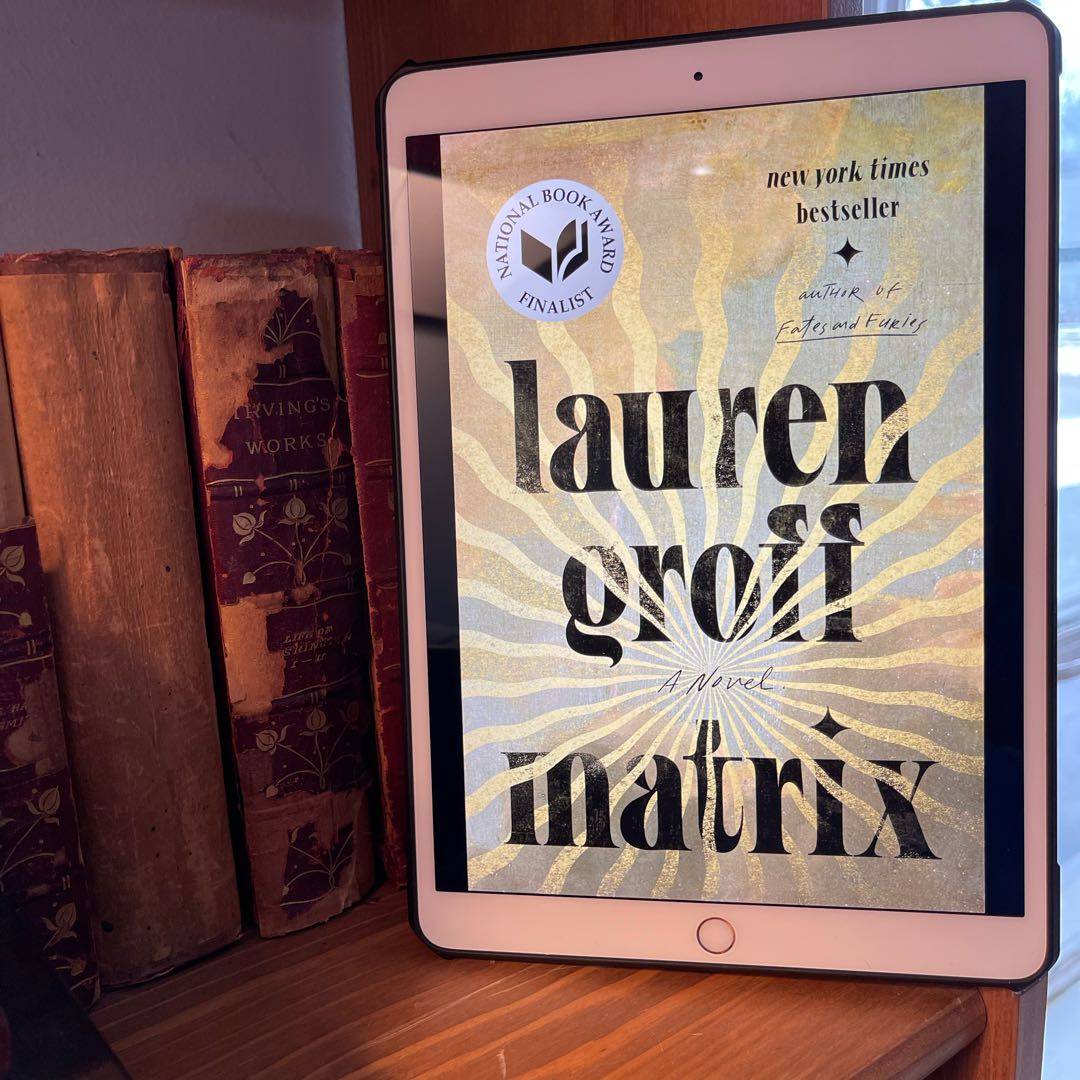
Absolutely loved this one - so intelligently written and such a powerful character. Some reviewers complain that Groff gives short shrift to Marie‘s lais, but who cares, that‘s not the point. The point is Groff‘s vision of Marie, which is sublime. By the way, Marie reminds me of Abbess Hildegard of Bingen - please listen to her music while you read the book! Best recordings of Hildegard‘s music are by the Gothic Voices and Sequentia.
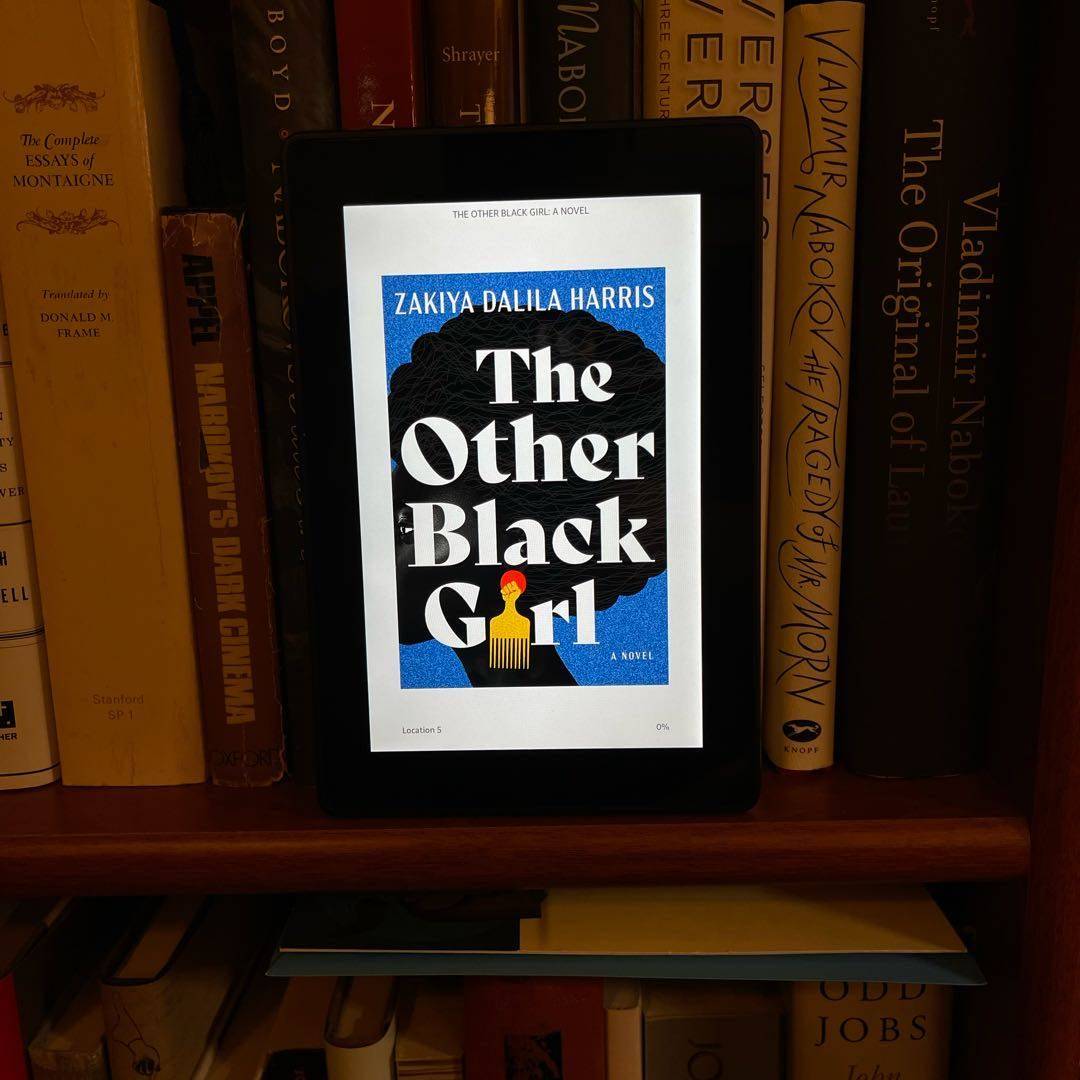
Kind of funny novel about the hostility, mostly covert, that Blacks face in the professional workplace. Her cringe-inducing description of Diversity Town Halls hit way close to home - I‘ve been to a few, and they are about as thoughtful as the one in The Office. Takes a while to come together, but when it does, it‘s both brutal and satisfying. Absolutely recommended!
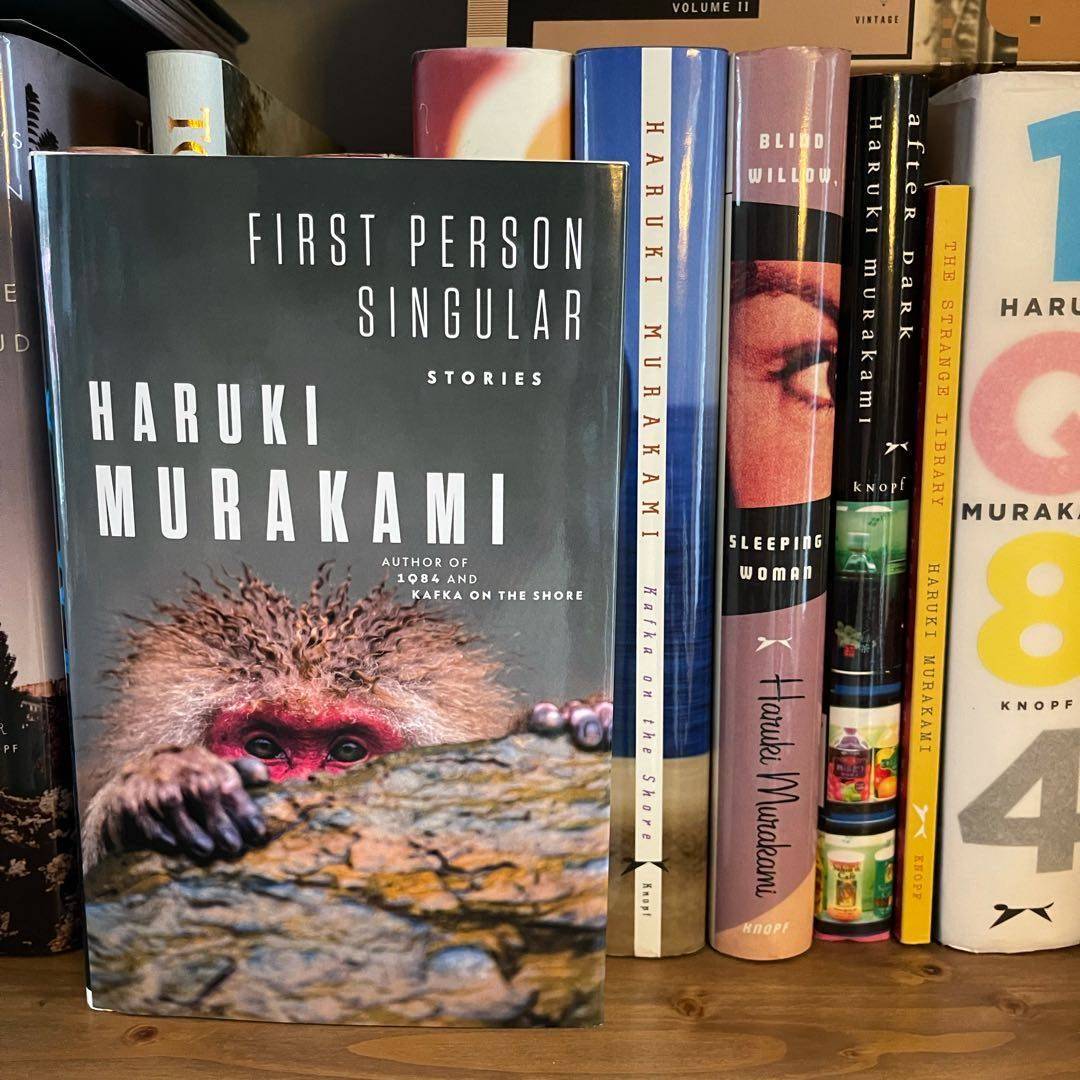
Not bad, but kind of … meh, I suppose. Strange, dislocating mysteries, noodles, bells, jazz — the usual Murakami props all present and accounted for. No holes in the ground, though, I guess that was missing. I could say the stories are very writerly — tightly focused, perfect detail, compact. Getting really sick of how he writes about women, though: he needs to wise up and knock it off. Doesn‘t he read the newspapers?
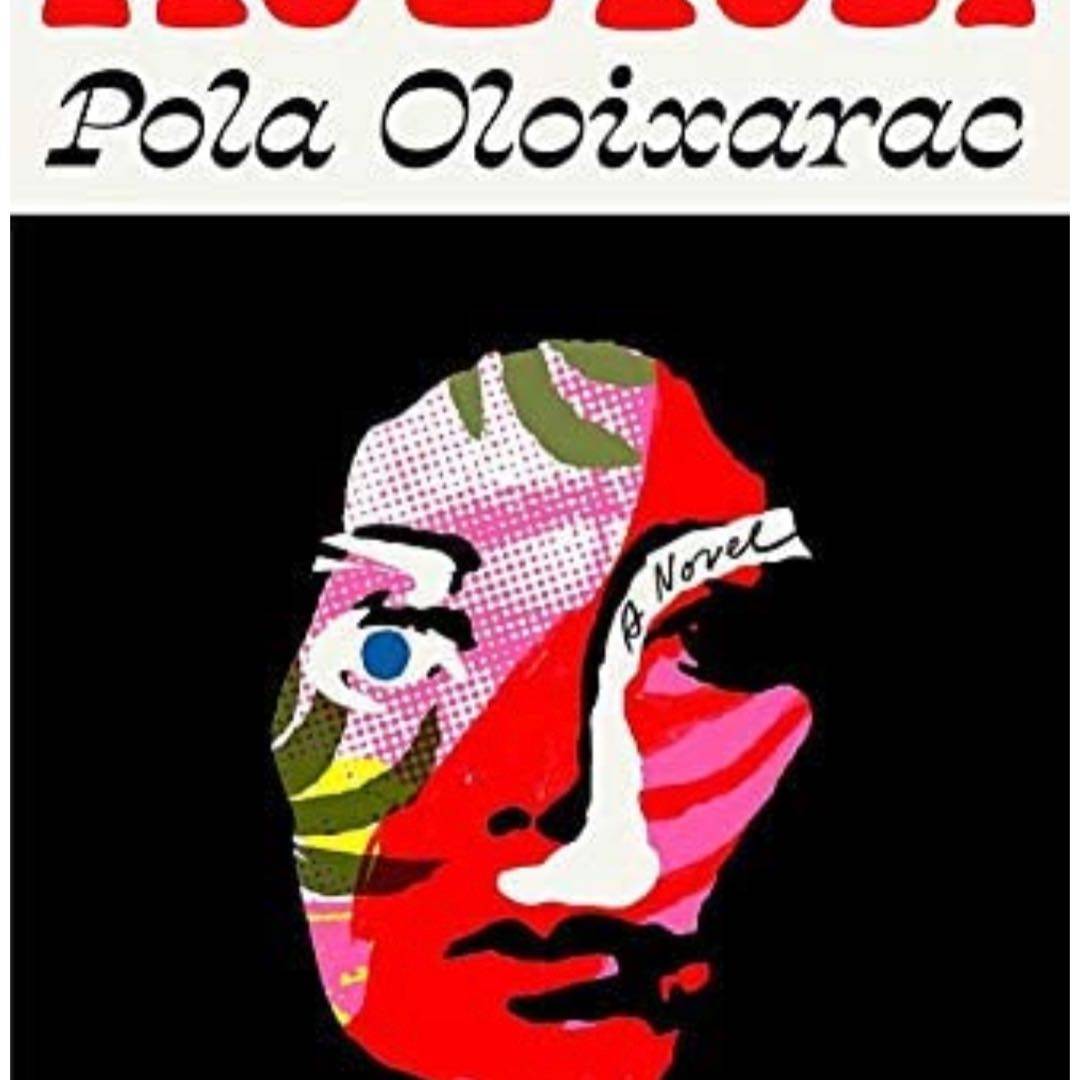
Screamingly funny book at times, and a brilliant skewering of all the pretentious book award festivals. While she‘s at it, the author dumps on other authors, the French, the Left, and everything else irritating, eviscerating them all with gleeful panache. No spoilers here, though, about the shocking ending. I‘ll be looking up her other books ASAP.
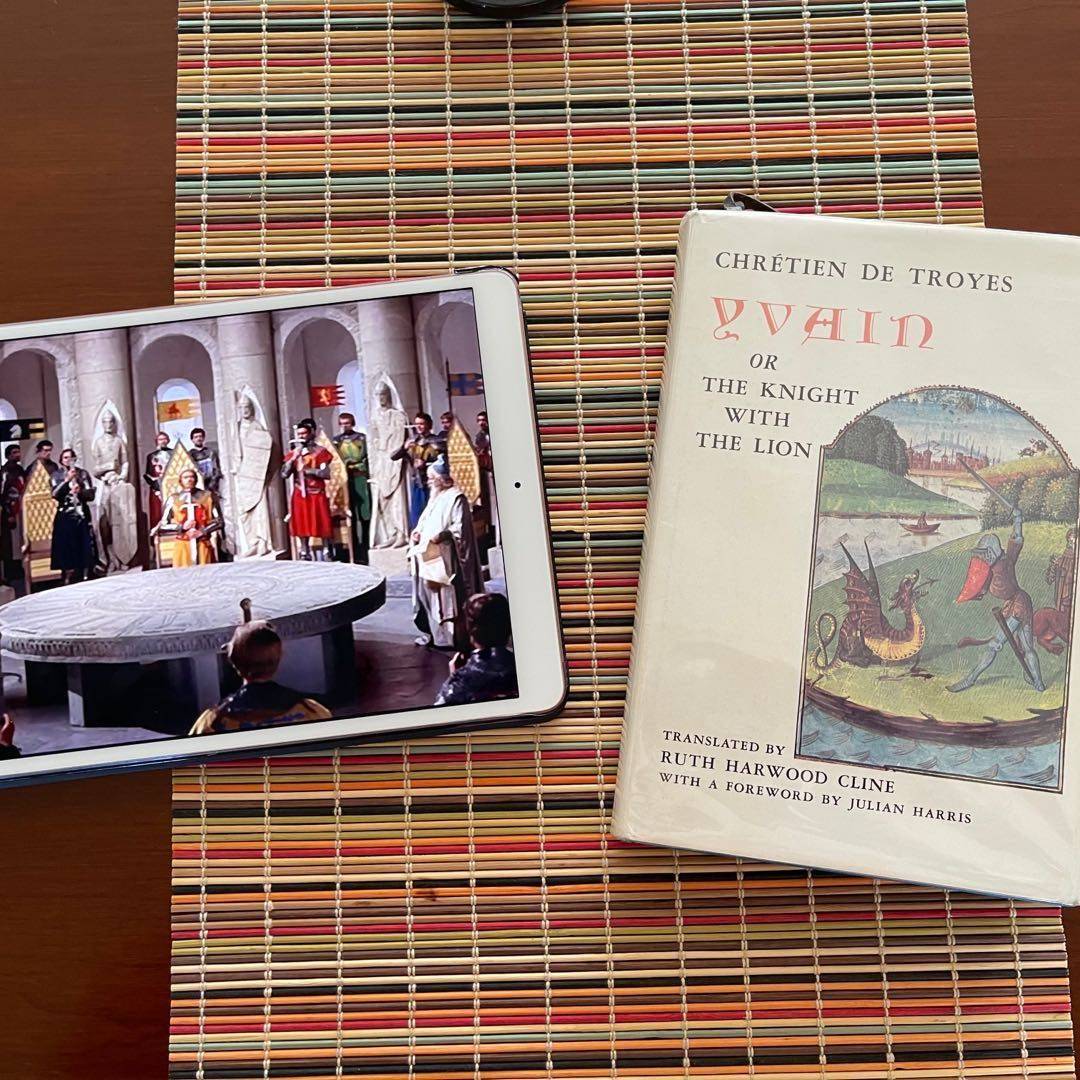
Ok, I confess, I am now on a full-fledged Arthurian bender. How do these things ever start? This time what set me off was the perfectly wretched fifties flick Knights of the Round Table, which is visually sumptuous, but abysmally acted. Just ordered myself the Penguin Classics de Troyes collection - this old Ruth Cline translation of Yvain will have to hold me until it arrives.
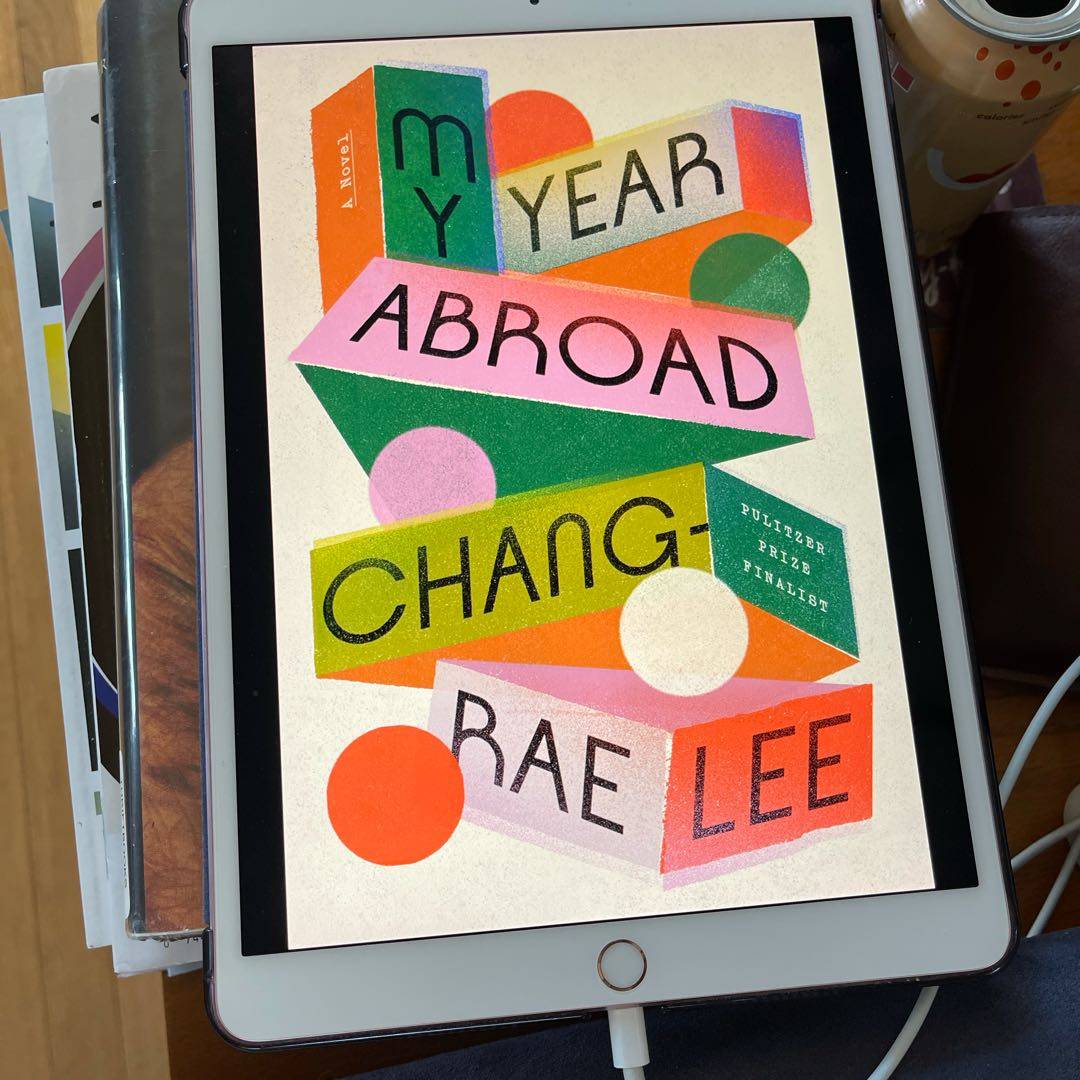
Fantastic book, very funny, until suddenly it wasn‘t. Lee has such a stunning way with words - I laughed out loud at his quips more than anything I‘ve read in years. A fresh and vibrant take on the Bildungsroman, that genre that never gets old.
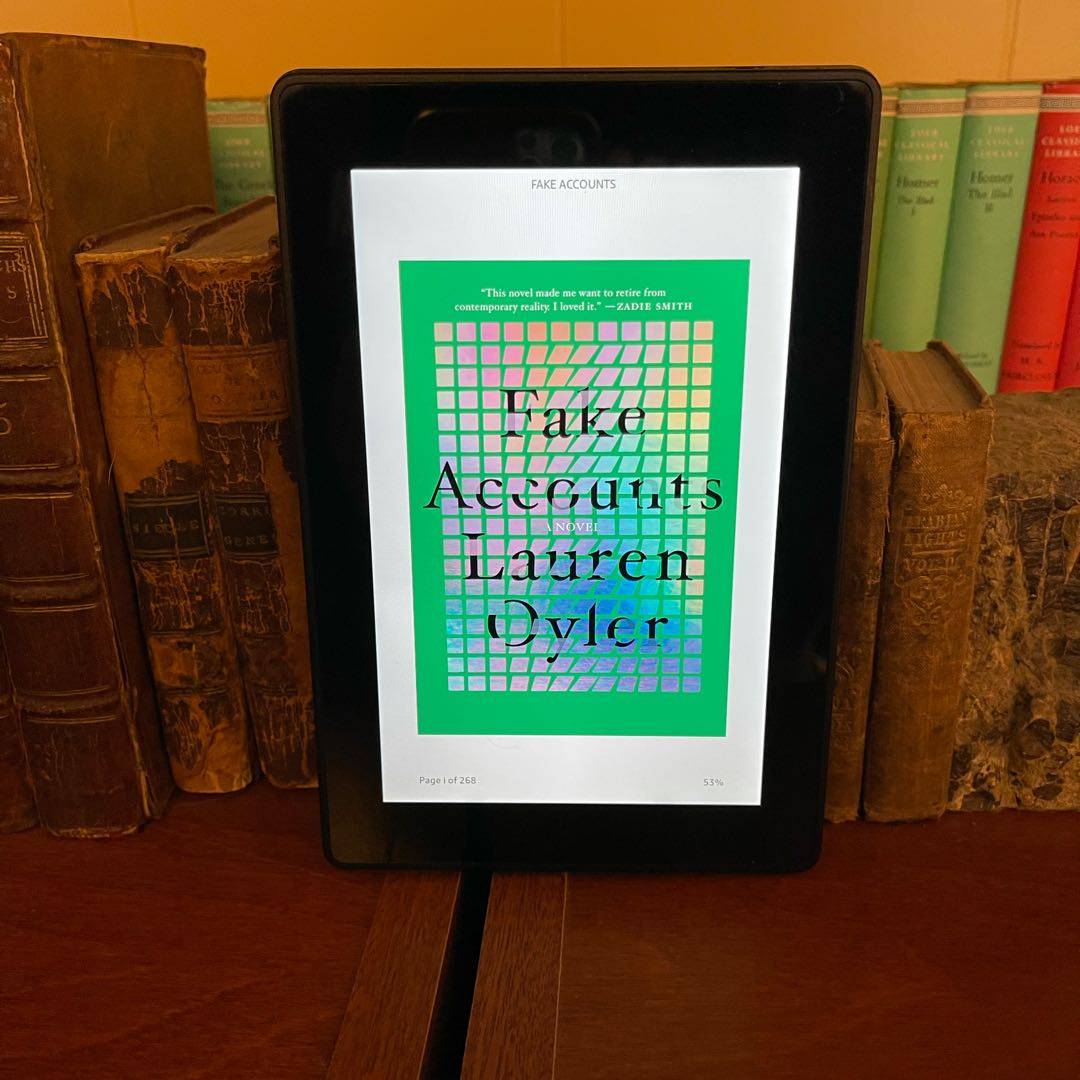
Hugely disappointing book: there may have been a fine novel in here, but a complete and total lack of editing kept it hidden. If this book was indeed edited at all, that editor should be thrown into a volcano.
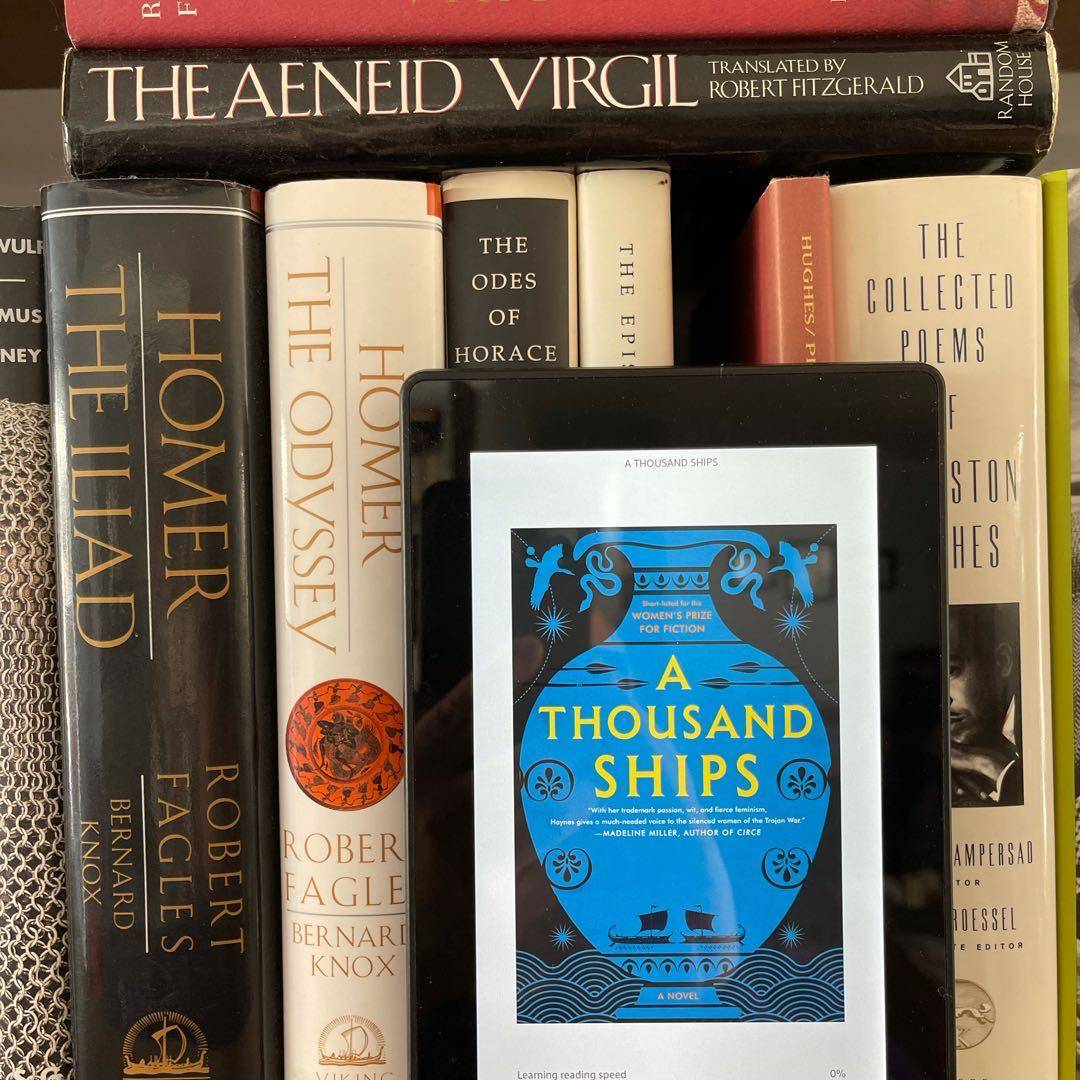
This is a rough book, painful to read. The author, a classicist, has taken for her subject the terrible impact of the Trojan war on women and children. Somewhat in the vein of Miller's Circe, Haynes has scoured the Greek classics for stories and echoes. Outside of Homer, the main sources appear to have been Euripides in general but most critically his Trojan Women, and Quintus Smyrnaeus' Posthomerica. Highly recommended.
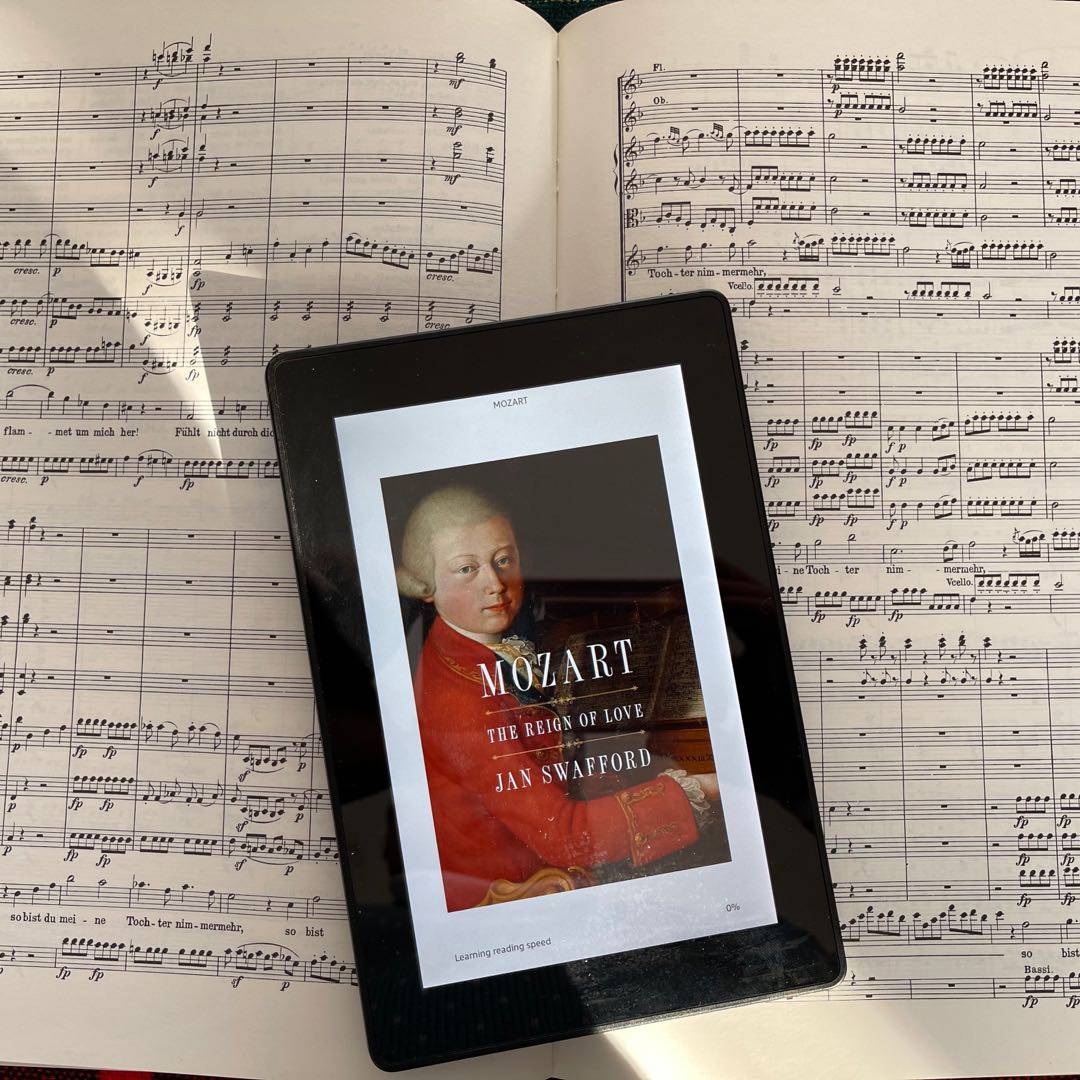
If you‘ve ever wanted to read a book about Mozart, to learn about the man and his music, this is the book. No original research: the author builds his narrative from all the most recent and highest quality secondary sources. The author‘s unique contribution is the sensitivity, born of his own compositional work, that he brings to music analysis. Excellent book!
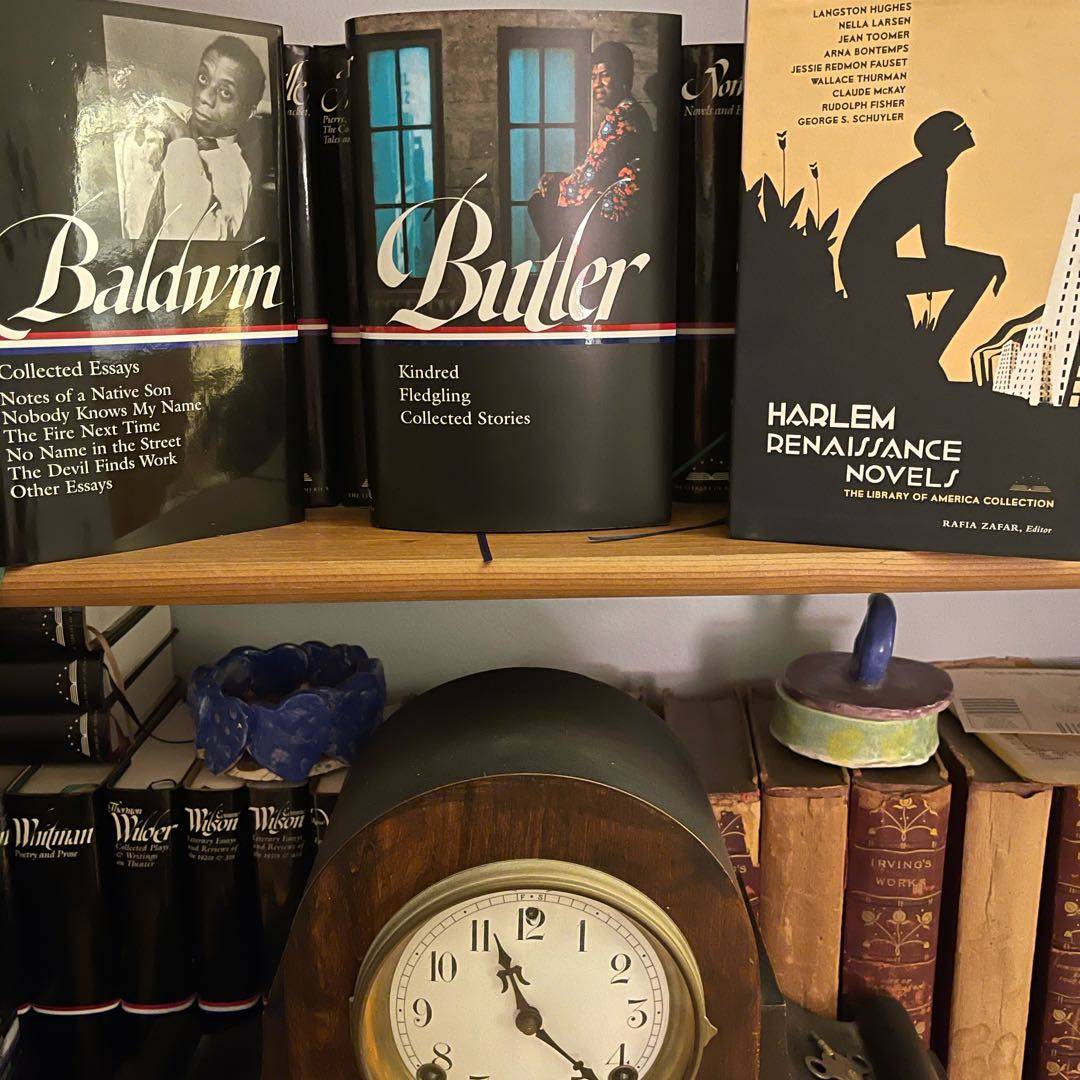
Release day pic! Library of America edition of Octavia Butler was published today. Kindred, Fledgling, short stories and essays—can‘t wait to dig in!
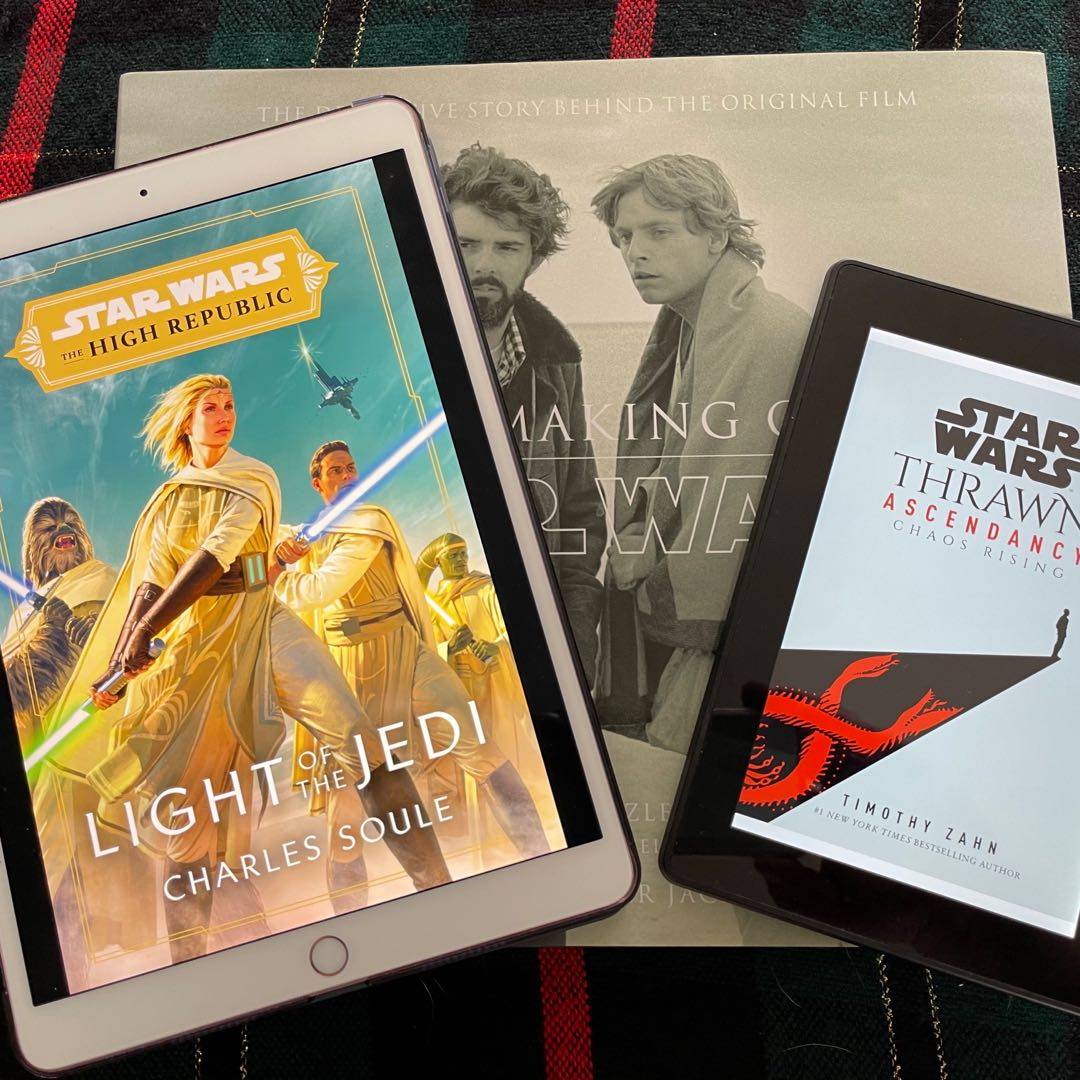
Understood that the author was given the content to flesh out by the Disney/Lucasfilm Jedi Council, but still...ugh. Sure, the story is intended to be a setup for a whole new Star Wars narrative, with a lot of ground to cover. But so many new characters - just too many to track. And calling the new bad guys the Nihil? Now that‘s creative. Dumb book only for schmuck Star Wars obsessives like me.
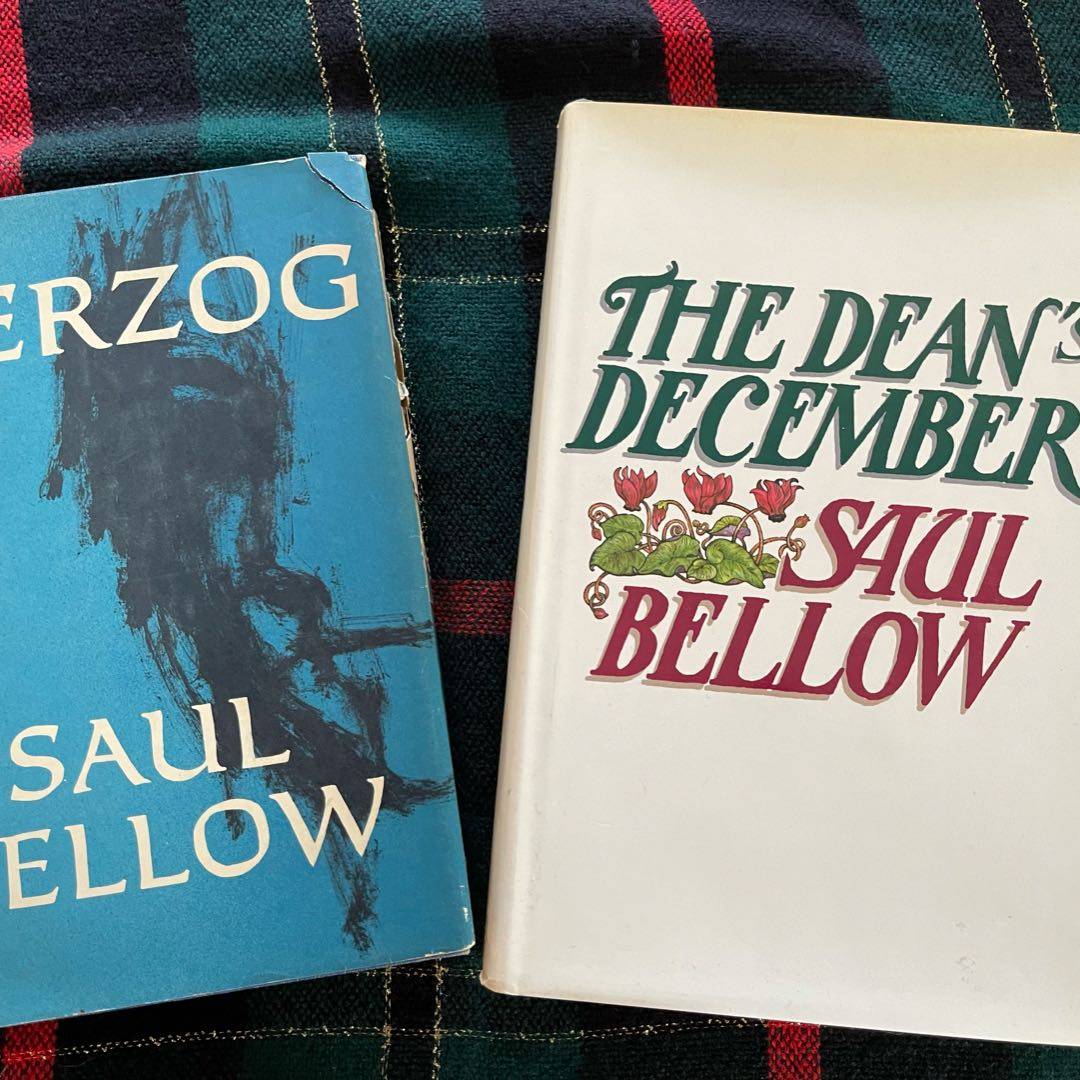
Unrelentingly grim story of two gritty, shitty cities: Chicago and Bucharest ca. 1980. What‘s particularly depressing is how little Chicago has changed - same old same old miserable racial politics. And yes, this is the first edition I bought when I was in high school, a bookseller at my local Waldenbooks. Love the book, though: Bellow was such a humane writer, so well-read and deeply thoughtful.
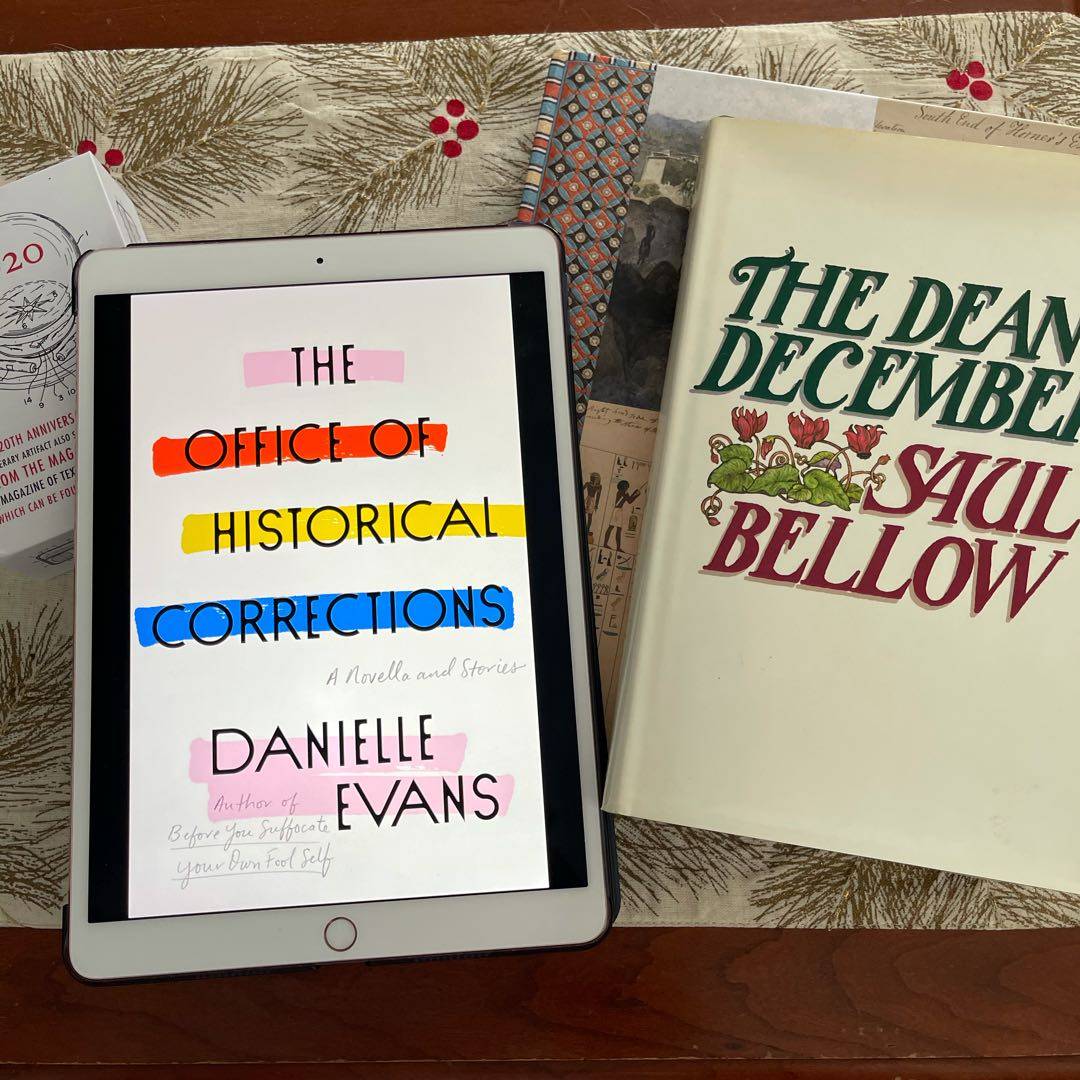
Really loved this collection: intelligent, witty, graceful writing, and deeply thoughtful stories. The title story is an absolute masterpiece about an incident of racial violence in early 20th century Wisconsin. Richly realized characters in a stunning story. Can‘t recommend highly enough!
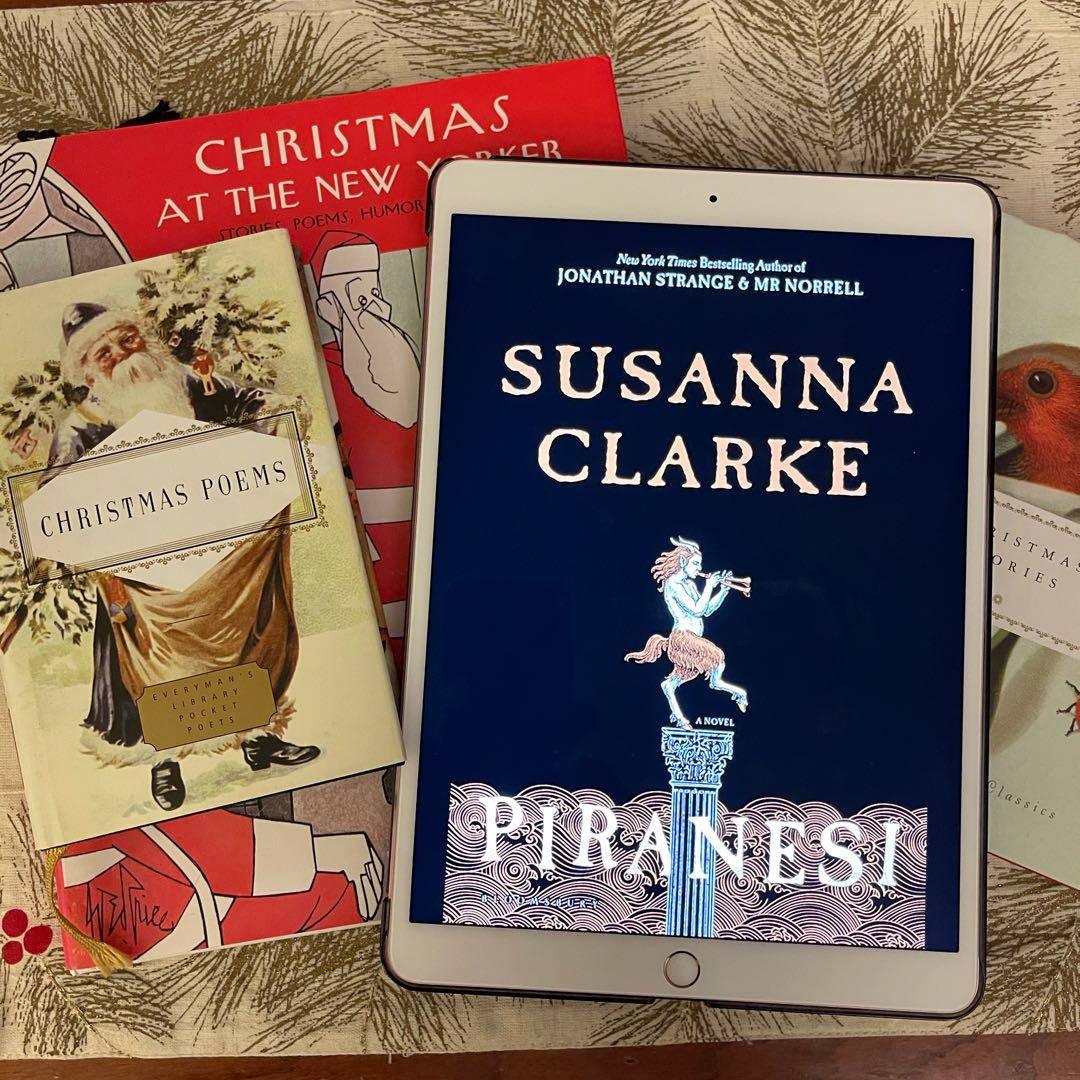
Stunning book - very hard to get into, as it‘s very disorienting at first, but once you get going, it‘s amazing. Clarke is marvelously skilled at creating a dark and mysterious atmosphere- I don‘t think there‘s anything else quite like it.
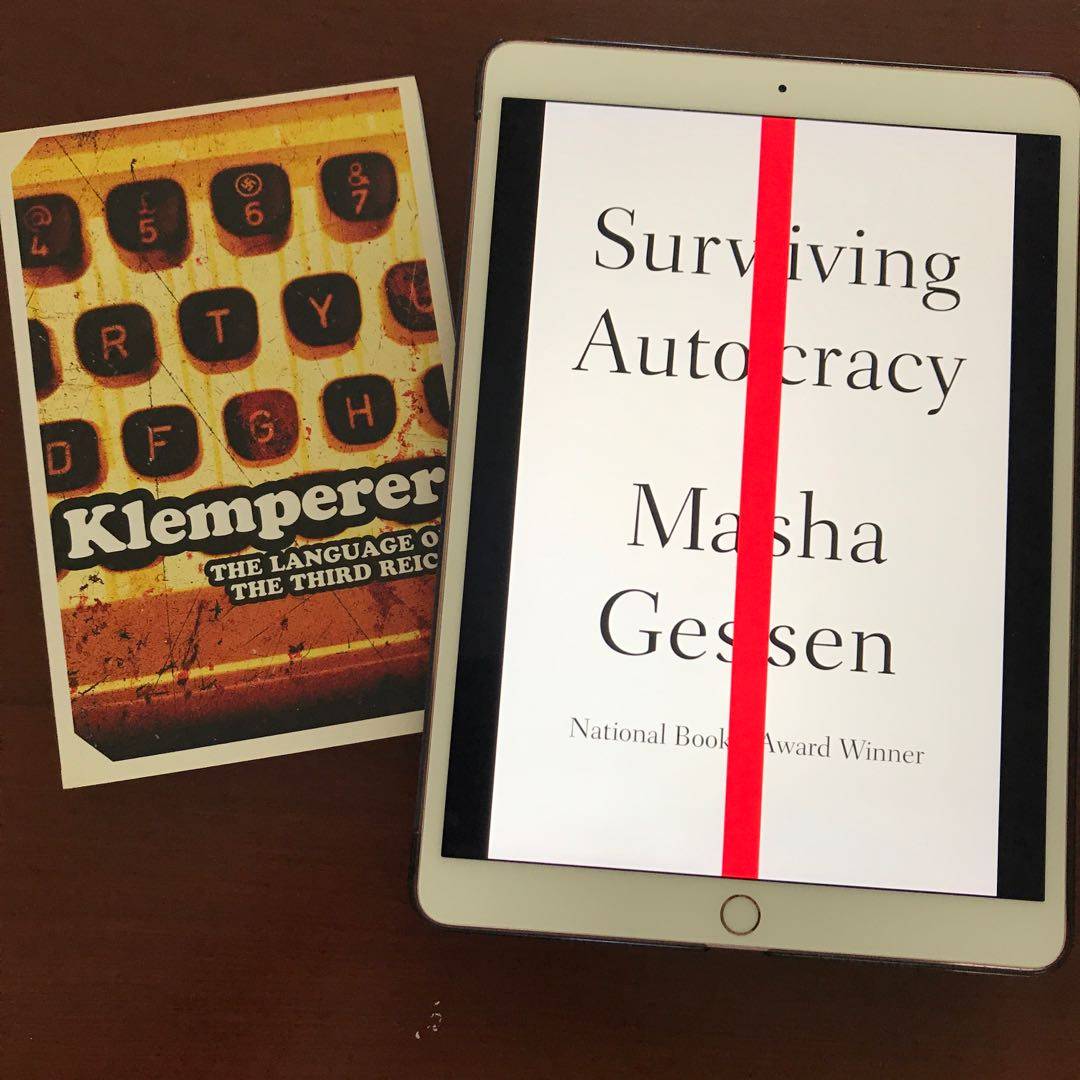
Gessen‘s book is so rich with ideas that it bears multiple re-readings. I had two key takeaways from my first reading. The first concerns the stages of autocratic takeover, of which we are in the first: the autocratic attempt. Her framework comes from a Hungarian scholar‘s analysis of post-communist mafia states. The second takeaway is Gessen‘s careful examination of Trump‘s perversions of language.
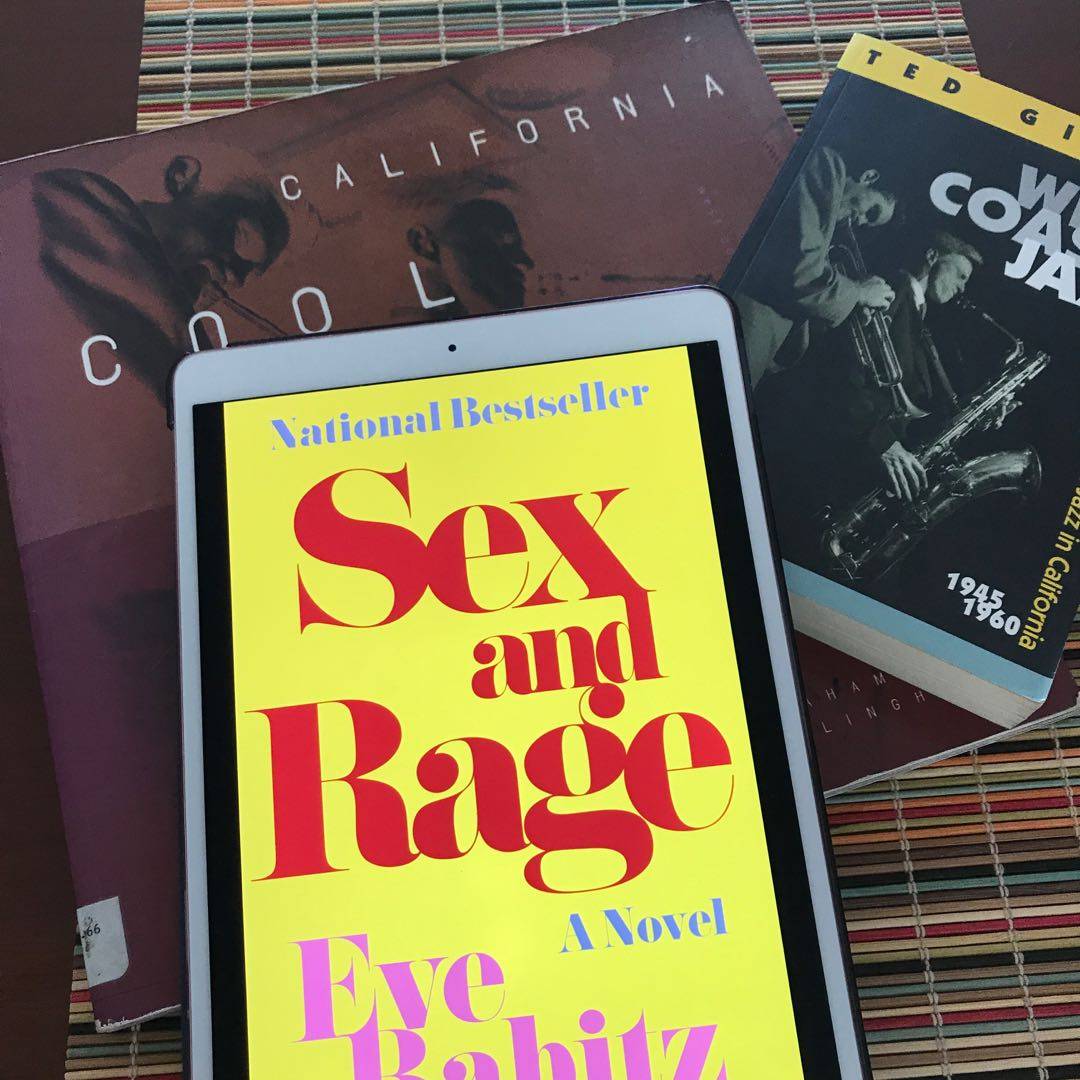
Very silly book about LA and literary New York in the sixties. Thinly veiled autobiography, clearly, by an observant but not terribly thoughtful young woman. The recent reissue of the book was lauded by all the usual suspects, but I really don‘t see what the fuss was about. Skip this and read anything by Raymond Chandler instead.

“...he seemed to see himself as a king barricaded in his castle, with thousands of soldiers in the battlement, the sights of their rifles trained on potential intruders.” This actually happened the week the book was published!
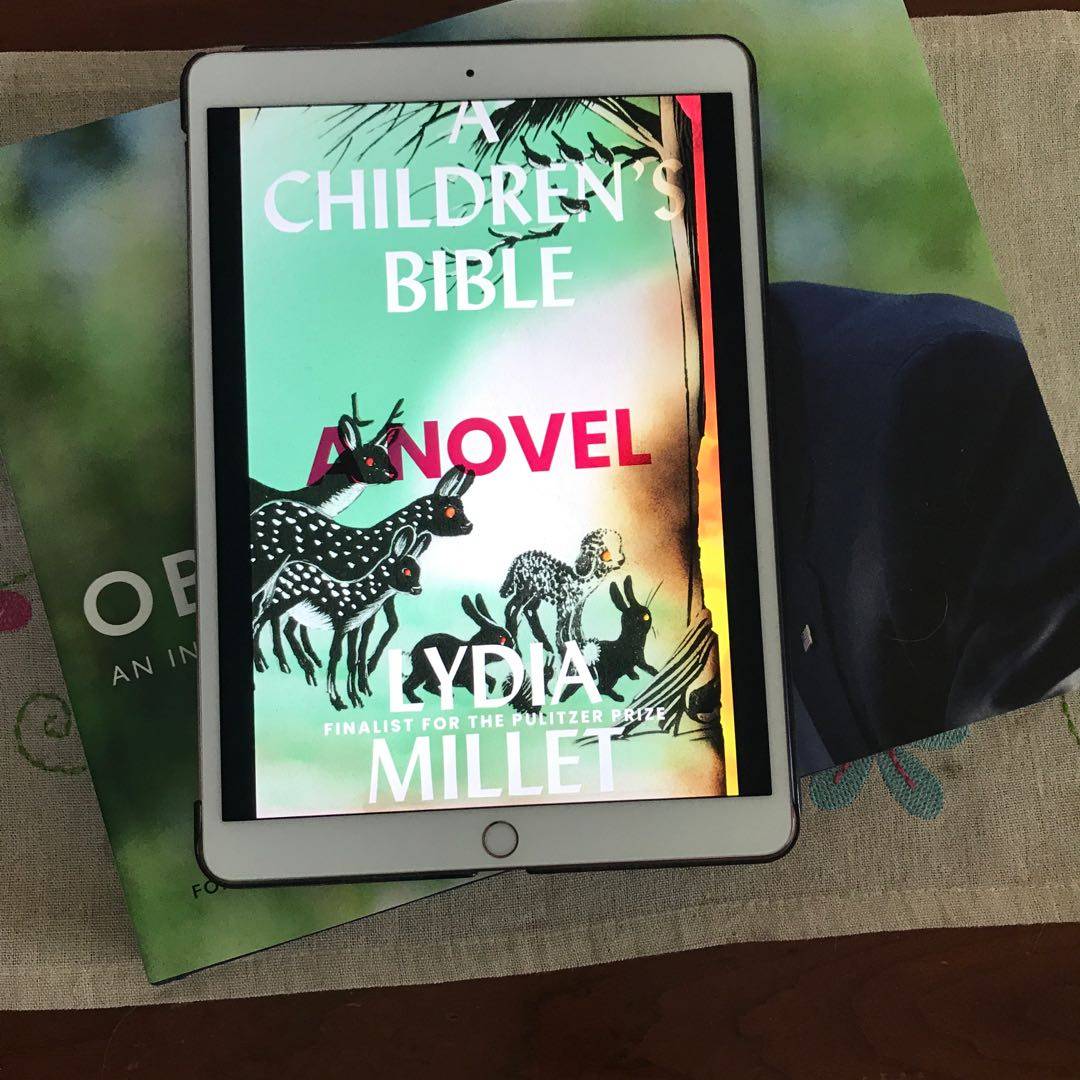
I wish I had a better sense of what the author was trying to accomplish here: is this book supposed to be some sort of allegory, a commentary on modern families, or culture, or something else? Whatever she was trying to do, I don‘t think she was terribly successful, as the book, though fun to read, is a bit murky and confusing. Some great characters among the kids, though, and Millet‘s portrayal of the parents is both brutal and hilarious.
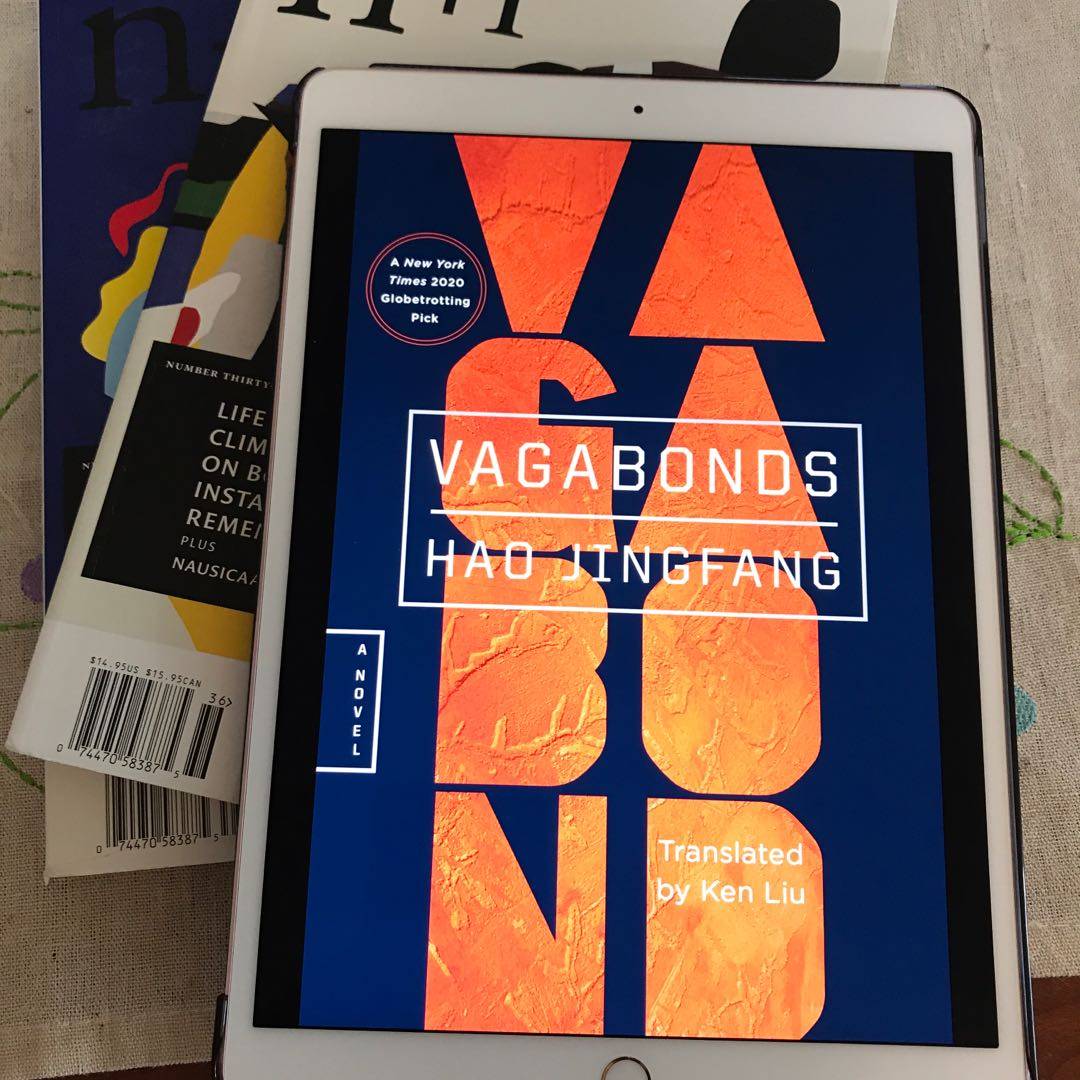
Vagabonds is an extended allegory about the current state of Chinese social development, and Chinese-American relations. Very thoughtful but slow-moving book that is crammed with ideas. The book was interesting, and I‘m glad I read it, but I wouldn‘t rush to recommend it outside of fans of Chinese science fiction, or fans of the amazing translator Ken Liu (effectively the same people).
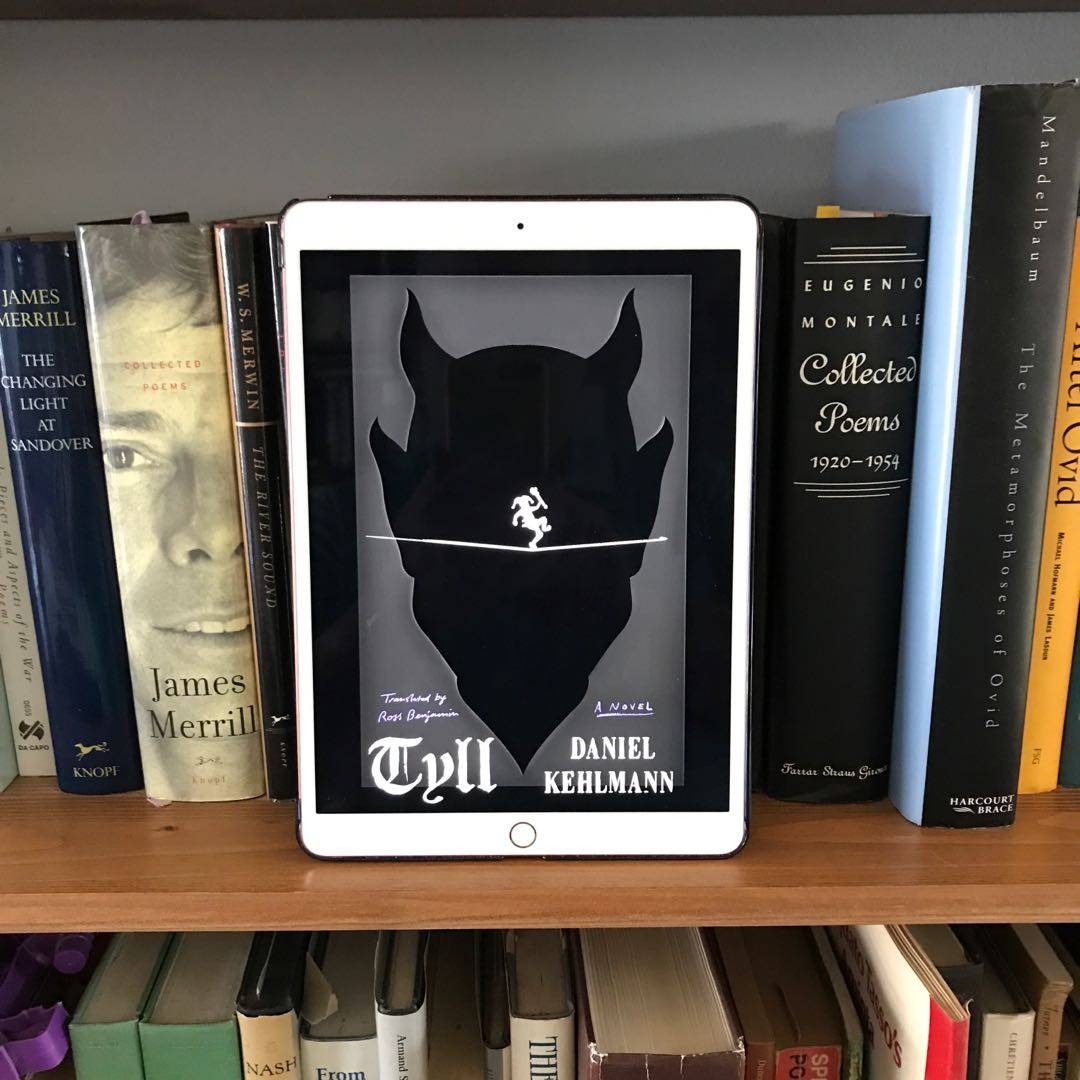
Remarkable novel, so very different from a straight historical novel. Stories of Till Eulenspiegel‘s merry pranks (to give him the better known name from the Strauss tone poem) are interleaved through a larger story about the 30 Years War—which is itself told in fragments. Funny thing: the setting brought me back to my college years, when I read Grass‘ Meeting at Telgte for a seminar on the works of Heinrich Schütz.
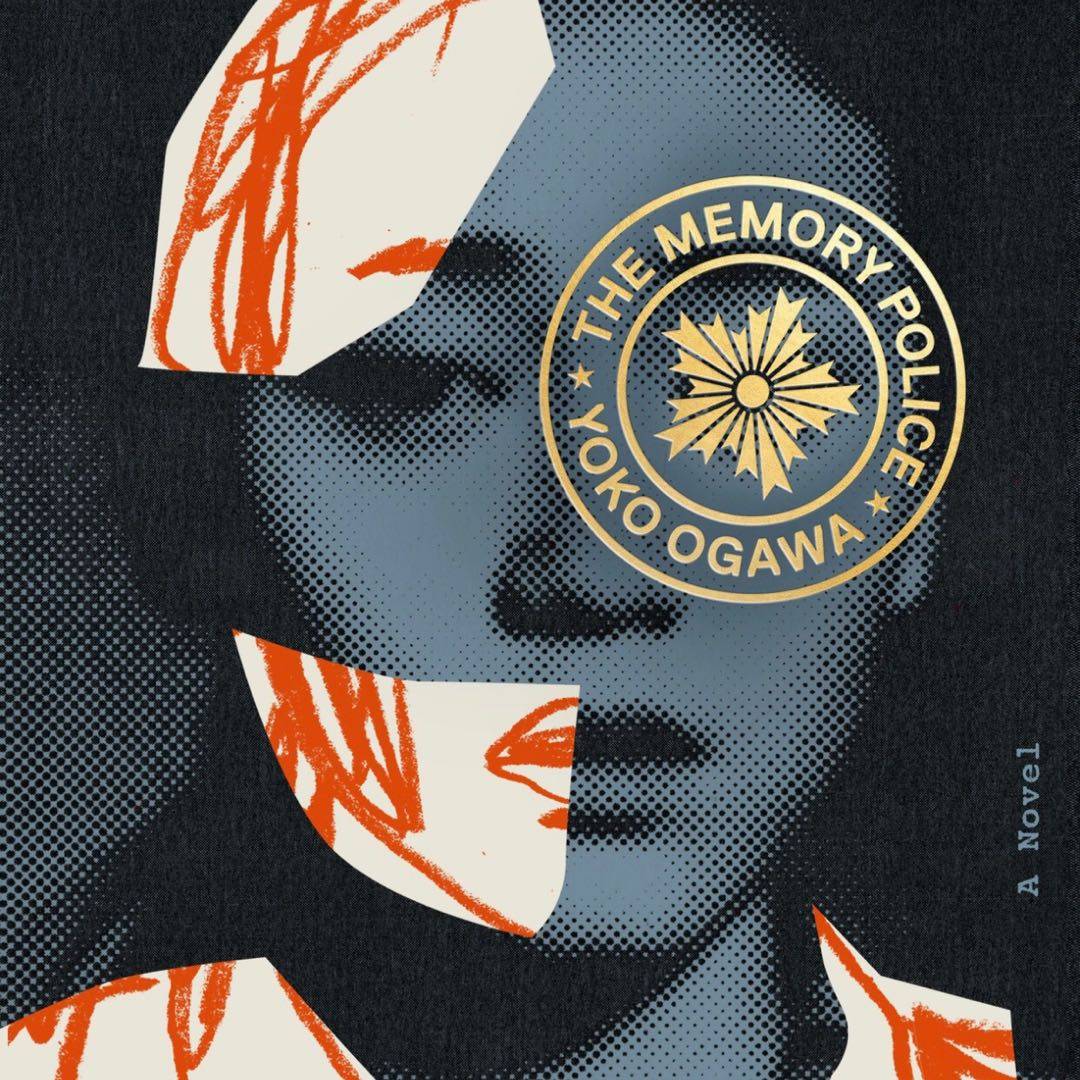
I think some other time I might have liked this, but not now. So grim, gray, cold, and dark. Actually, maybe I wouldn‘t have liked this, ever.
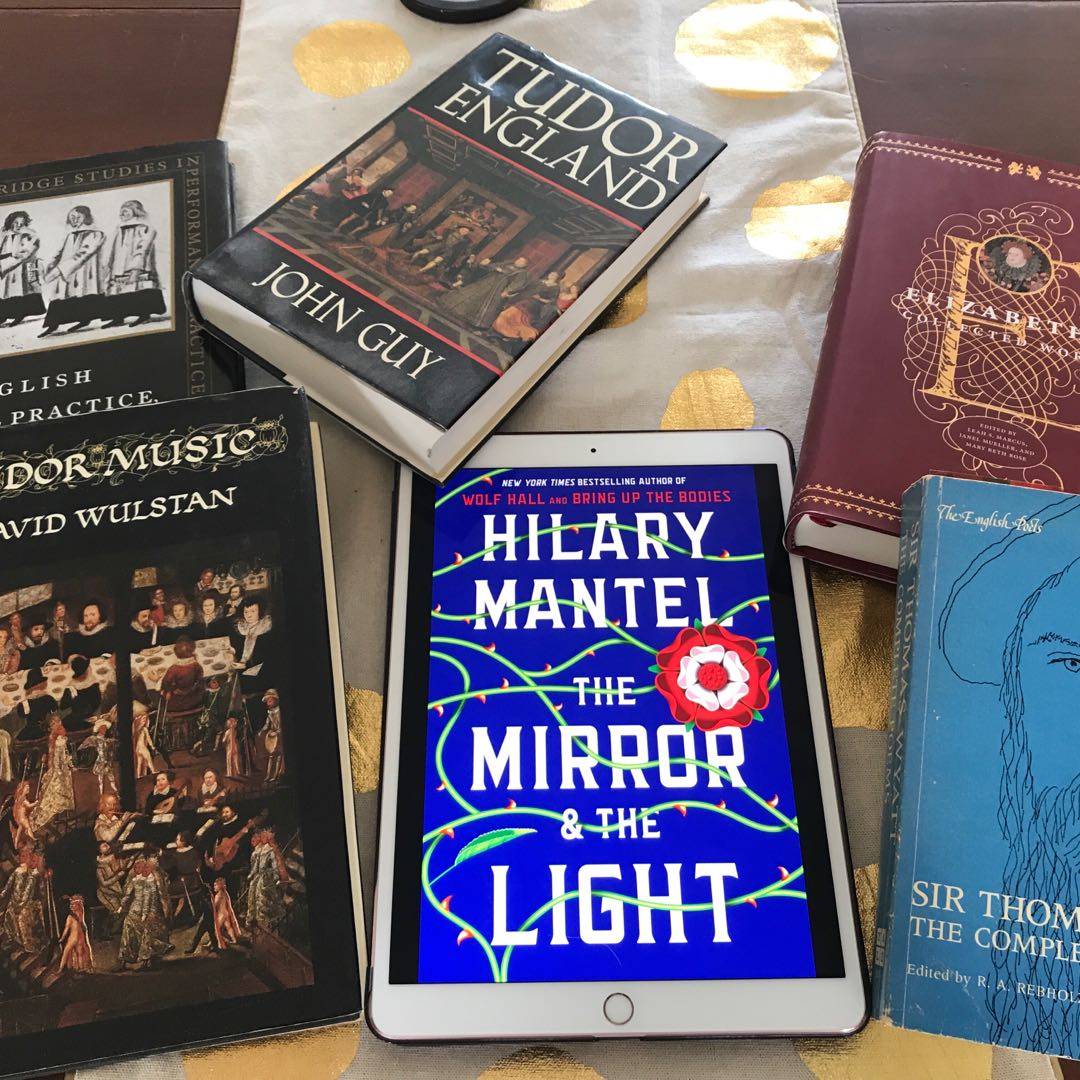
Powerful novel, and timely in so many ways. The death-haunted Cromwell marches to his doom over nearly 800 pages, while meditating on the nature of the tyrant whom he serves. Mantel‘s great skill comes across in the her densely detailed but utterly natural depiction of the Tudor world—it‘s utterly perfect without being at all obtrusive. Superb novel and a worthy ending to a magnificent series. Highly recommended!
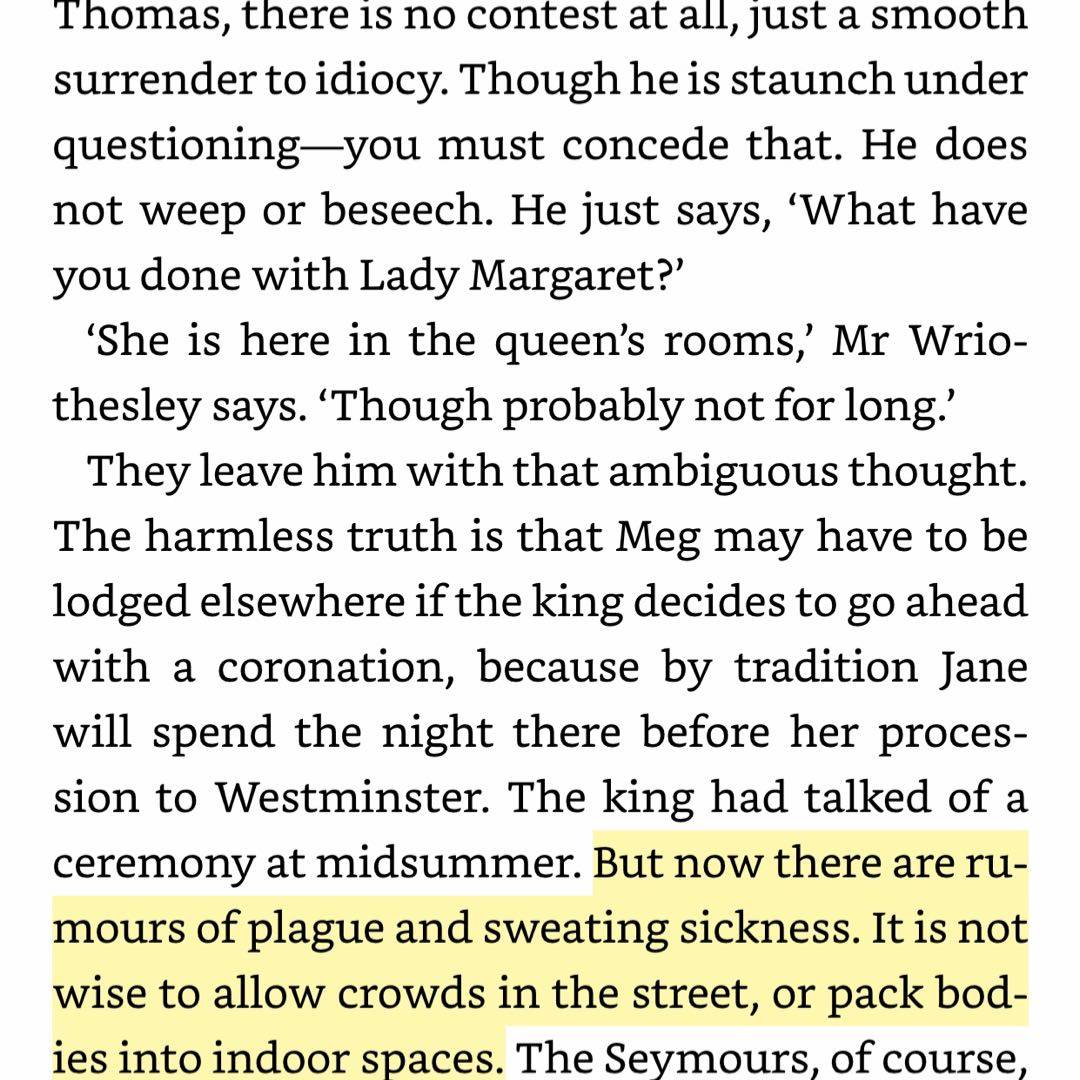
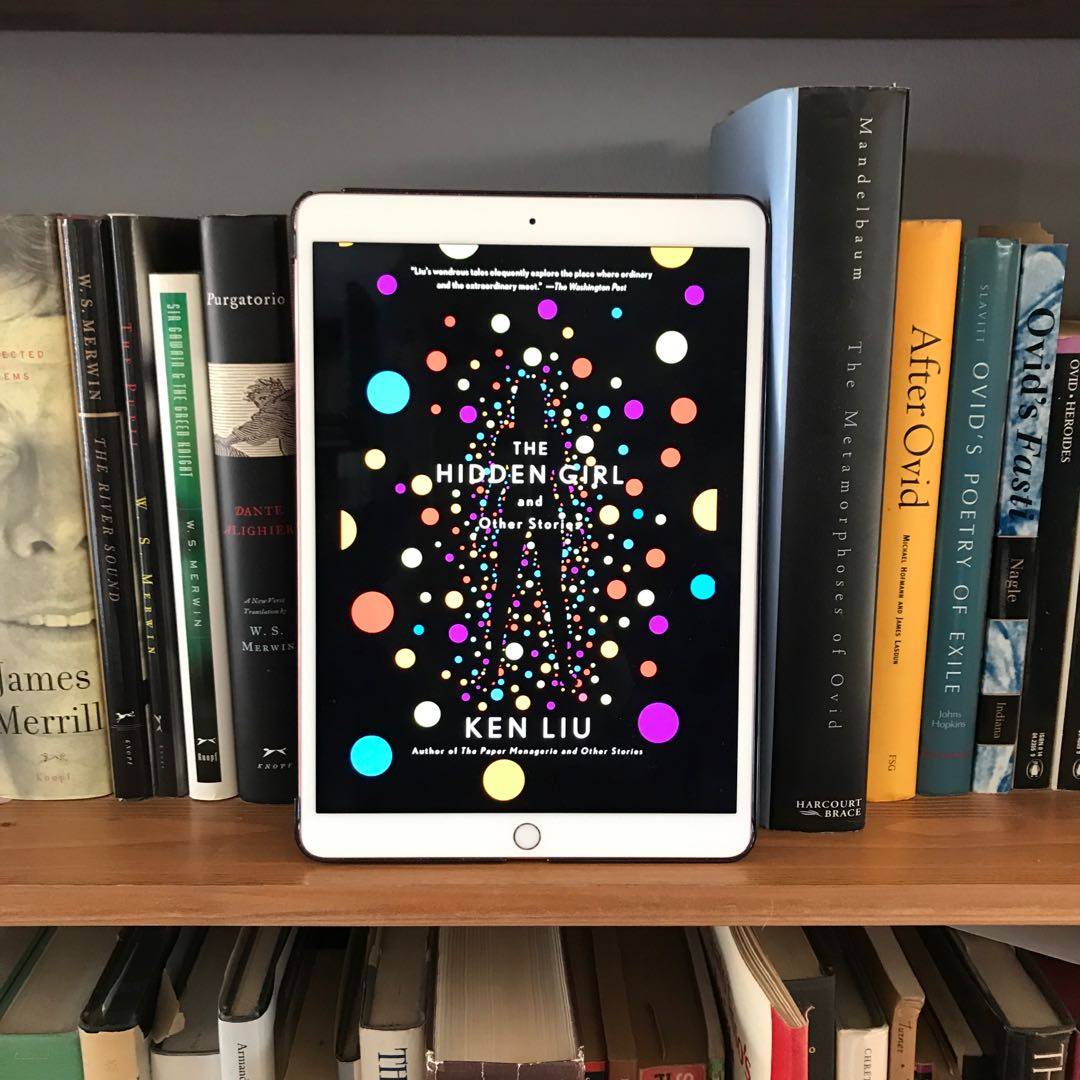
I had heard of Ken Liu, and knew he was a translator of popular, award-winning Chinese science fiction, but until I read the New York Times profile last December (Why Is Chinese Sci-Fi Everywhere Now? Ken Liu Knows), I was unaware that he wrote himself. His new collection of short stories, Hidden Girl, has just been published, and it is brilliant. I haven‘t been genuinely thrilled by a new work of fiction in ages—these stories are superb.
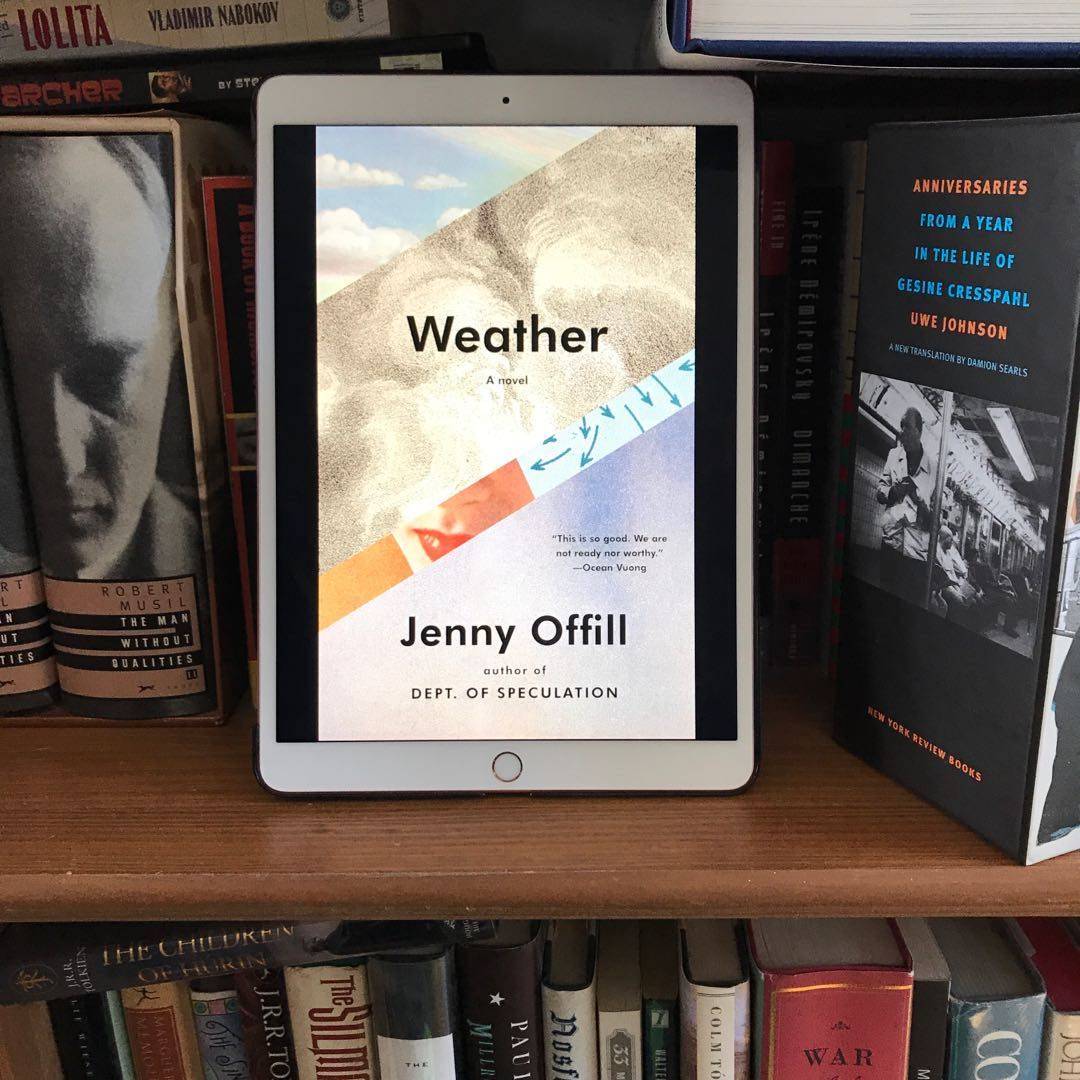
Not her best, but check this out: “It was the same after 9/11, there was that hum in the air. Everyone everywhere talking about the same thing. In stores, in restaurants, on the subway. My friend met me at the diner for coffee. His family fled Iran one week before the Shah fell. He didn‘t want to talk about the hum. I pressed him though. Your people have finally fallen into history, he said. The rest of us are already here.” Good timing, yes?
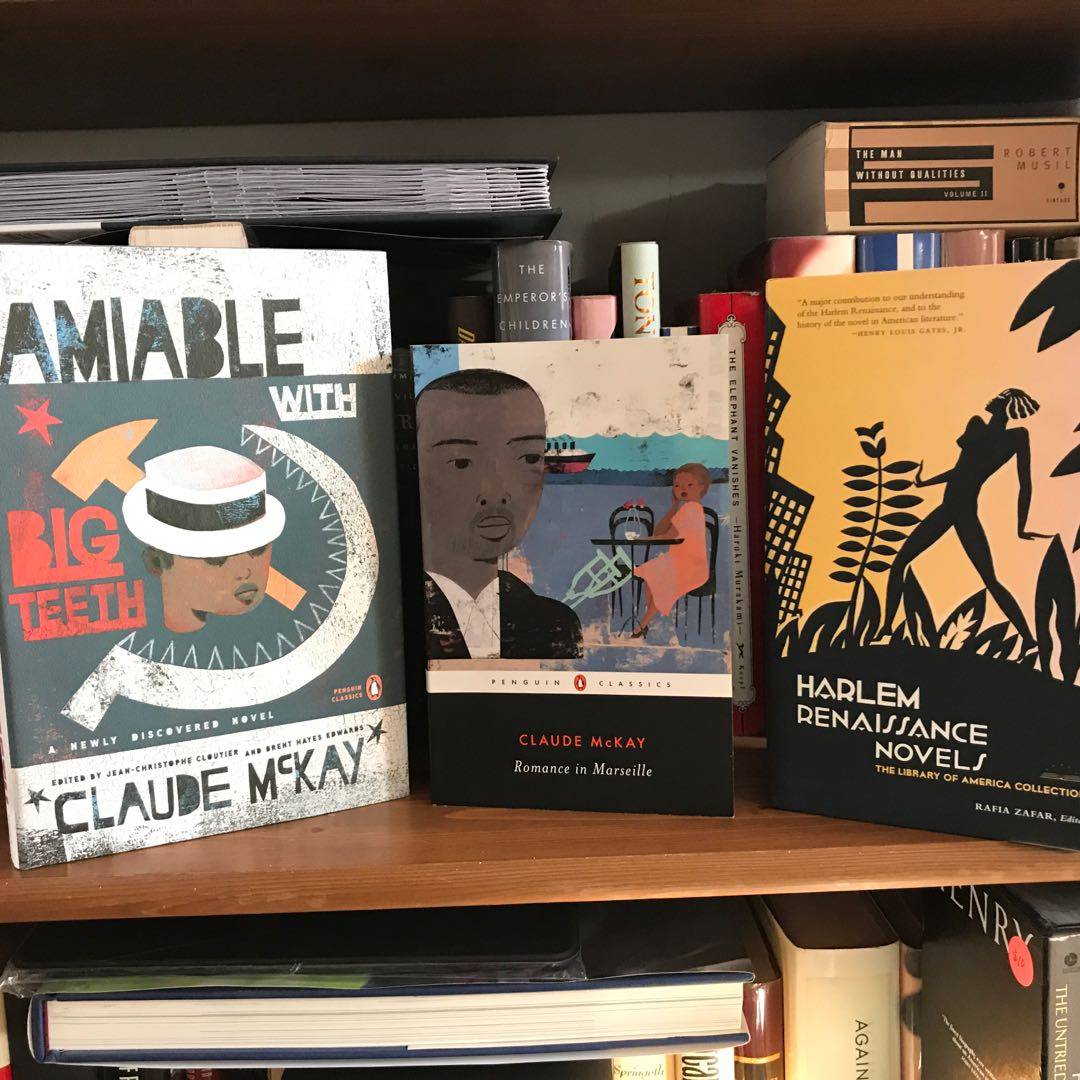
Not just an excellent and fascinating novel, but a superb edition. Hats off to Penguin Classics for producing such a well-supported edition, with a detailed introduction, copious explanatory notes, and a full bibliography. Highly recommended for anyone interested in the literature of the Harlem Renaissance, Claude McKay, and France in the inter-war years.

Really loved this book, although it totally gave me the creeps to be reading it at the same time as the Age of Surveillance Capitalism. I was really impressed by the clarity of the author‘s vision of the near future, and the way she was able to pull together so many current trends in economic inequality, racism, surveillance capitalism, and artificial intelligence. Not a grim book at all, but clearly a warning.
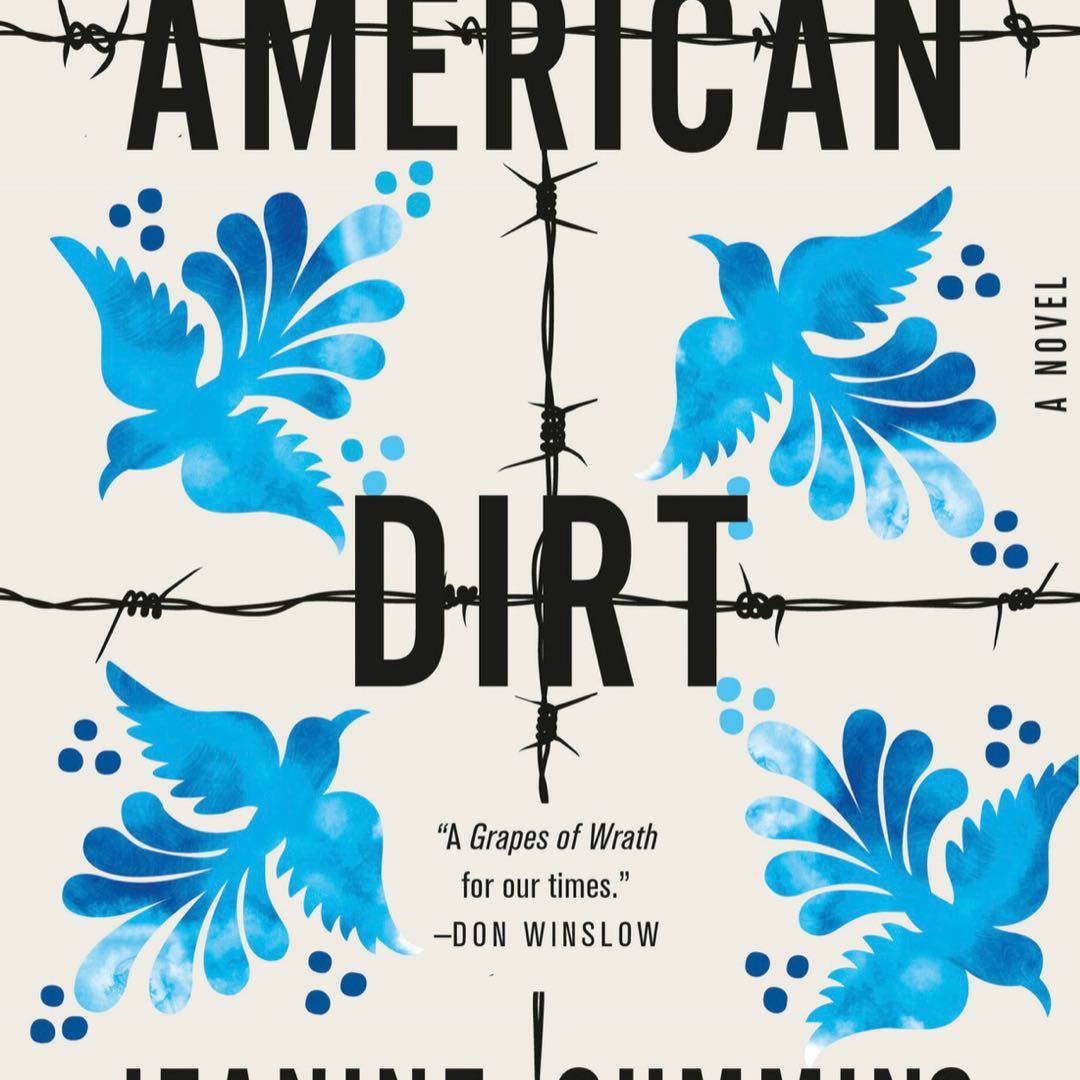
I don‘t care what the carping critics have said about American Dirt — I thought the book was fantastic. The main character was well and sympathetically drawn, and the book was highly illuminating. Coming away from the book, I have a deeper understanding for those Latin Americans forced by circumstances to flee their homes, and deeper empathy with their struggles.
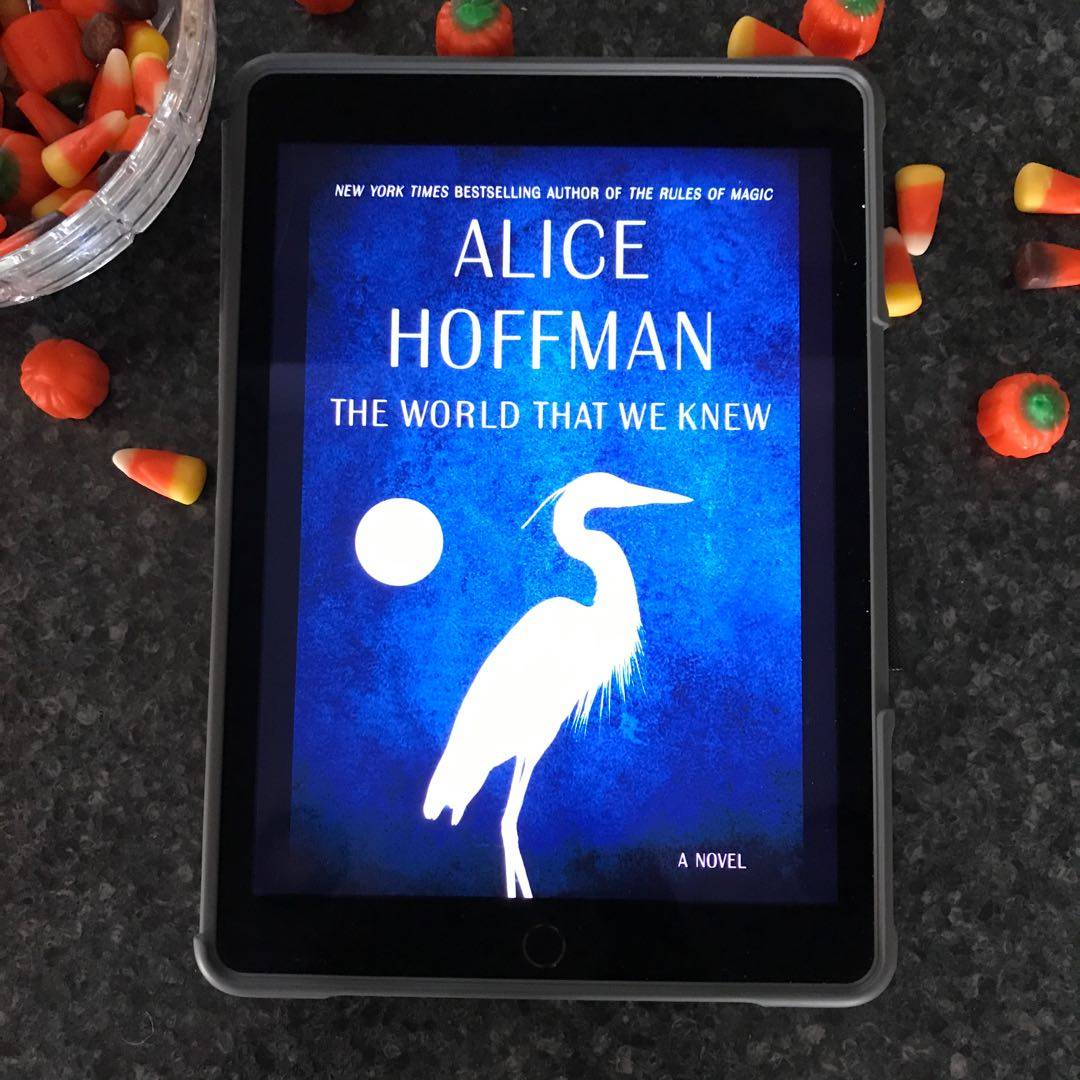
It's been so long since I've read Alice Hoffman, I'd forgotten how much I enjoyed her writing. This new book is marvelous--a deft touch of the supernatural (which has always been a strong theme for Hoffman), a gripping story, sympathetic characters, and a fascinating glimpse of Jewish mysticism. Made me want to go back to Paul Wegener's 1920 film, The Golem.
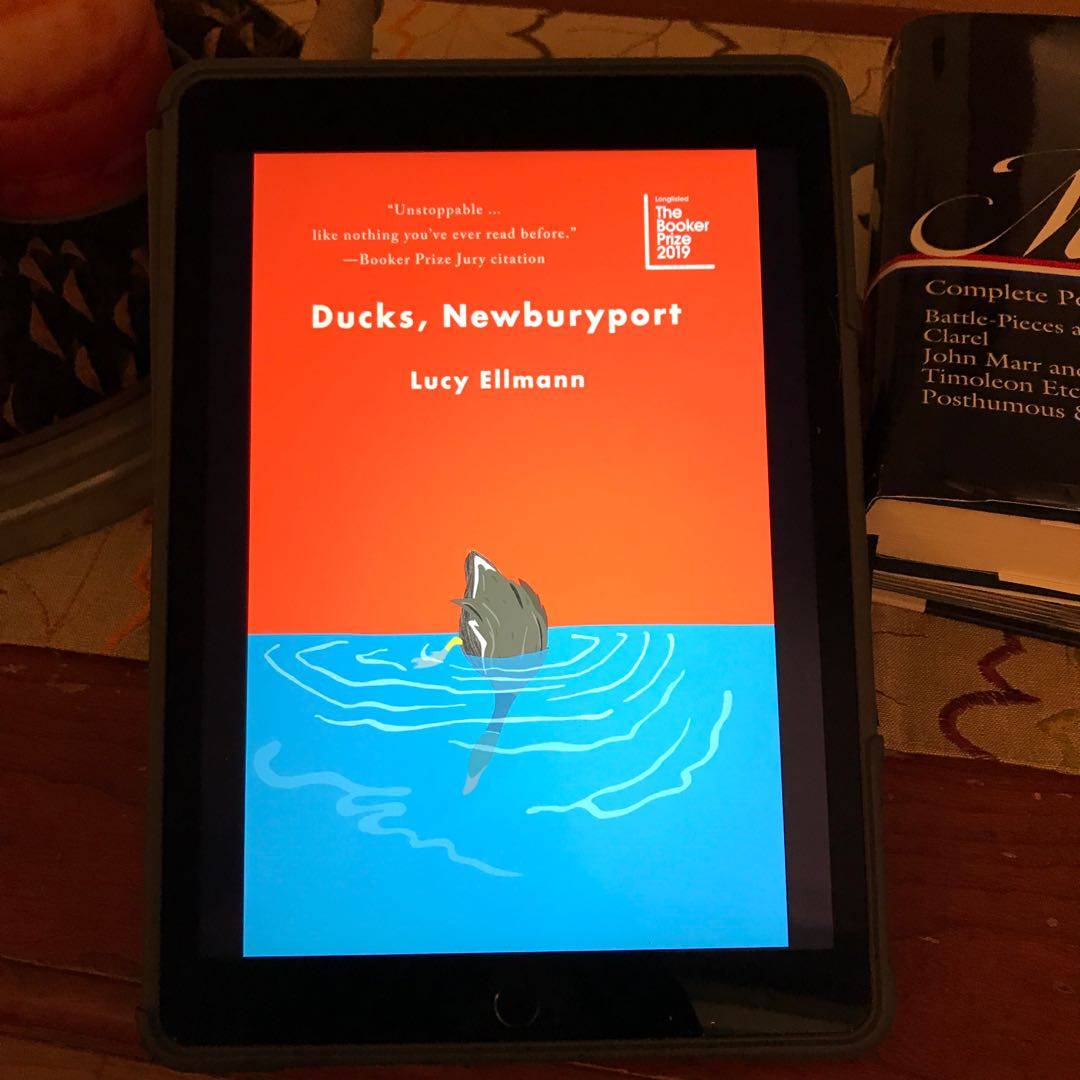
I adored Ducks, Newburyport. Clearly not for everyone: over a thousand pages of continuous run on sentence, separated only by "...the fact that..." can be a little challenging. I come to this work as a musician, a musicologist (a long time ago) and what strikes me about this work is its profound musicality.
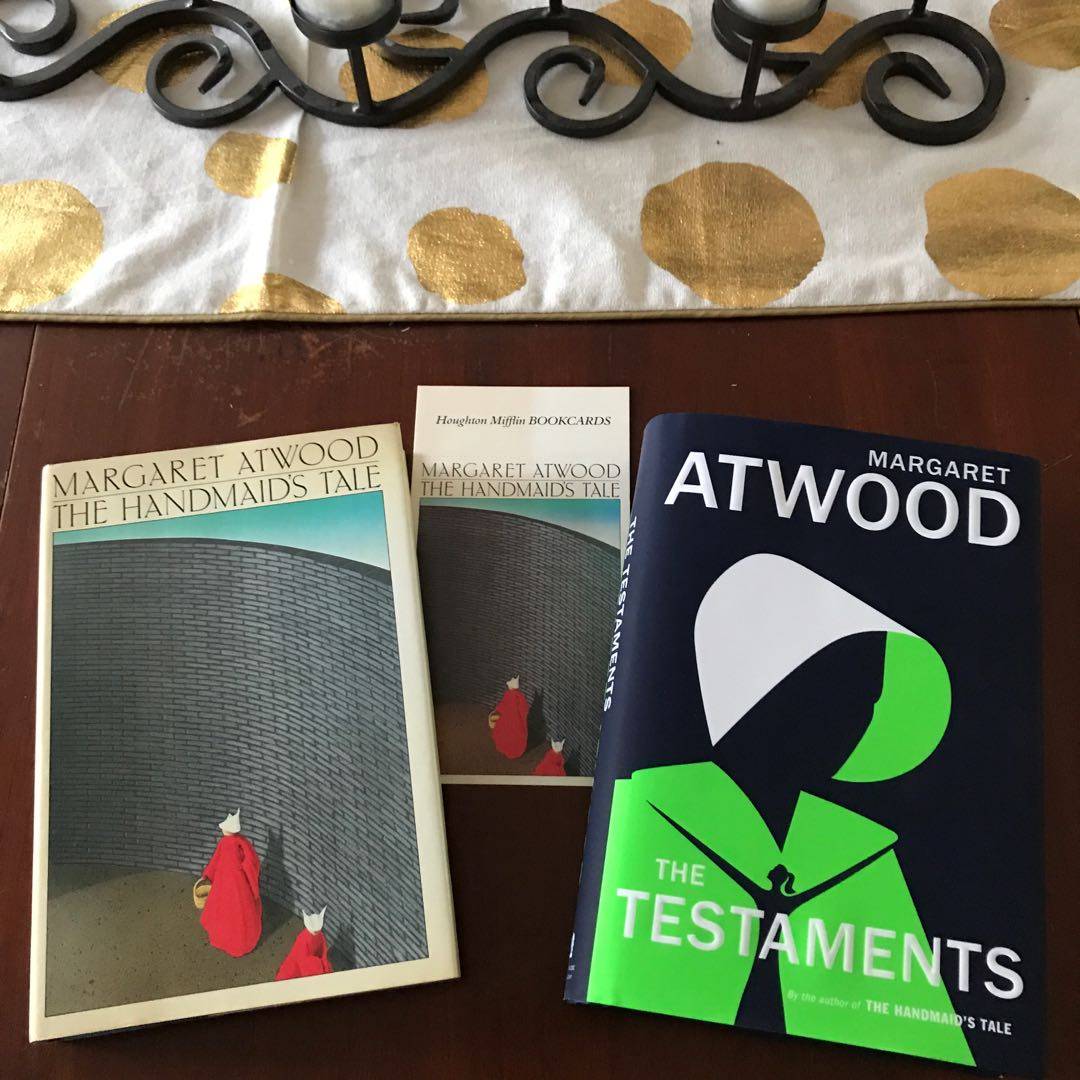
Absolutely loved the new Atwood. Rather than a straight narrative, the story is told in pieces, “testaments”, written by the key characters, including the dreaded Aunt Lydia. Atwood fills in some of the back story to the Gilead takeover, and extends the story with some surprising (no spoilers!) characters. And, for good measure, she throws in a Particicution! Loved it.
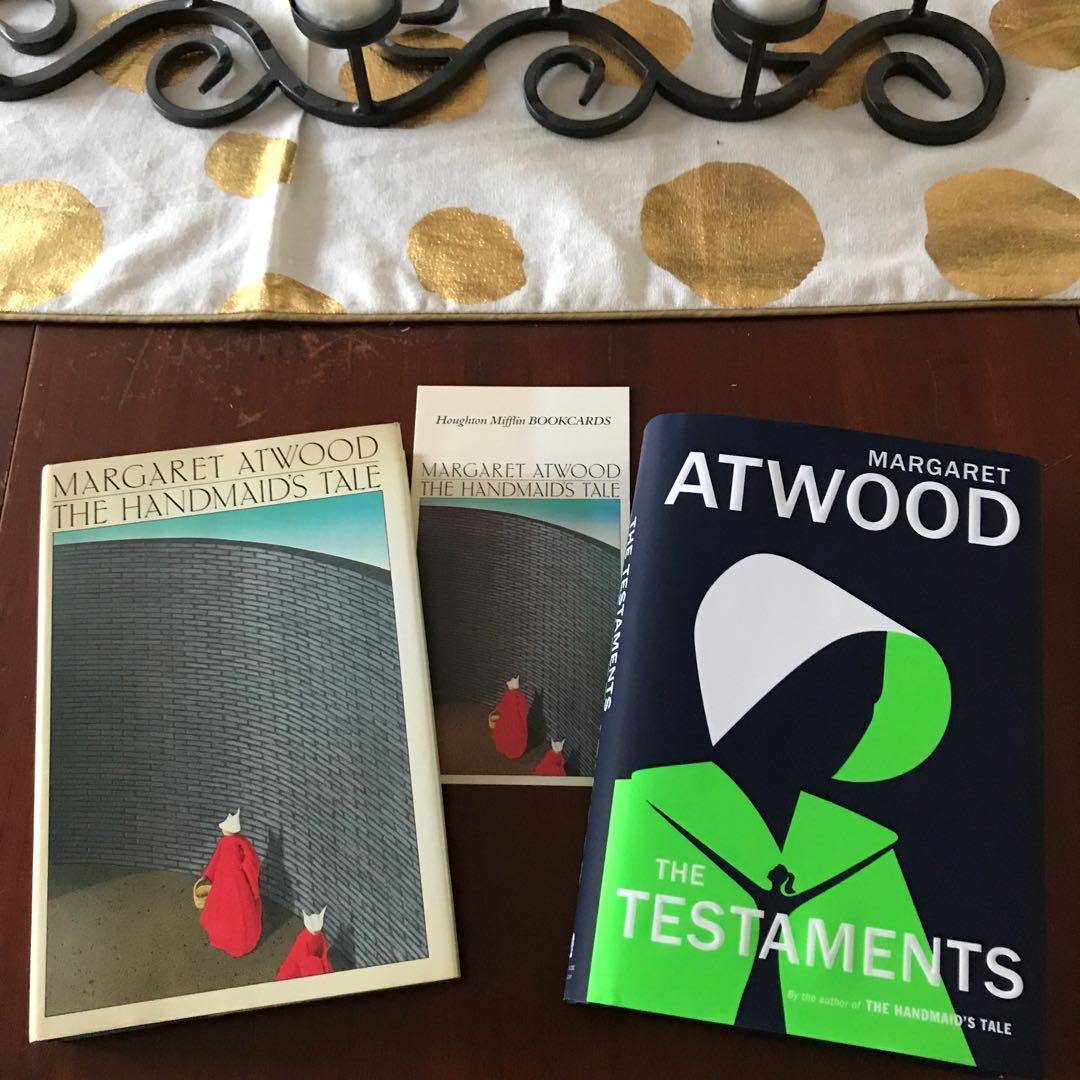
First editions! Can‘t wait to start Testaments, but I have to finish Ducks, Newburyport first!
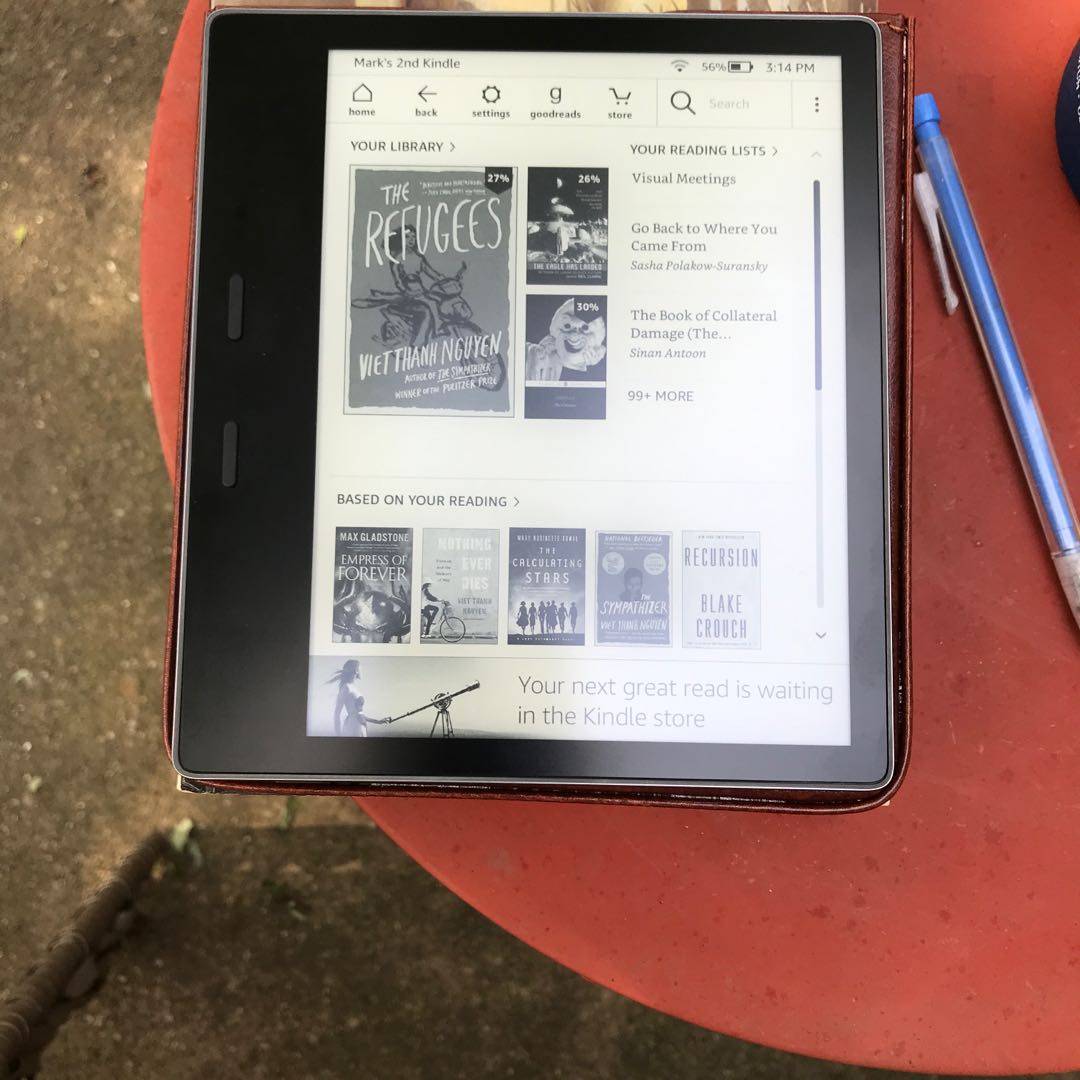
Loving my new Kindle Oasis! Just arrived Friday and now packed with books. You wouldn‘t think the little upgrades (page turn buttons, adjustable light) would make a big difference, but they do. Really love the more ergonomic design: much easier to hold than the Paperwhite.
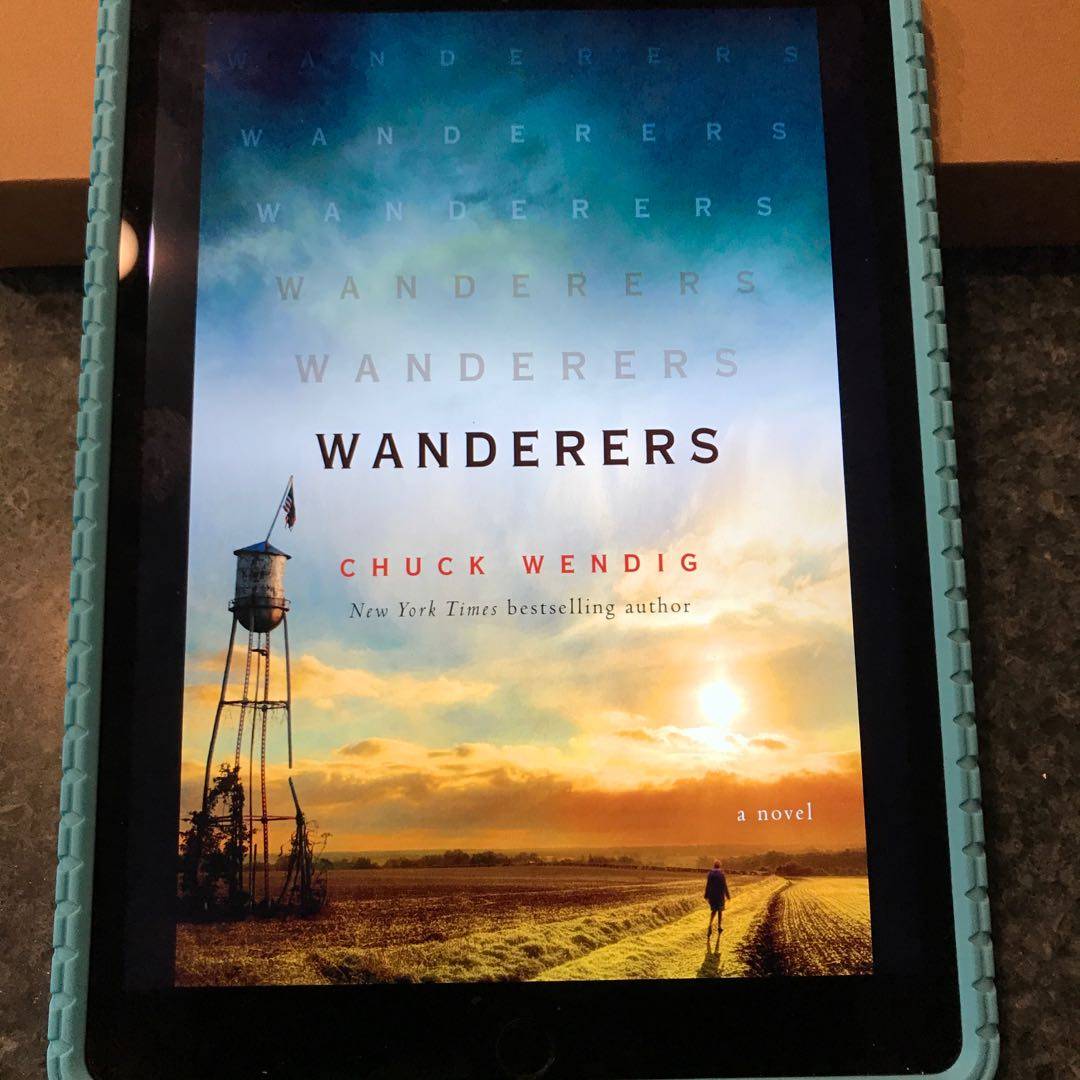
Another apocalypse novel, heavily influenced by Steven King‘s Stand. Good story, deeply anti-Trumpist, which I appreciate, but Wendig does go a bit overboard with the politics (which is what got him booted from writing that Star Wars comic). Awfully long, though—not that I mind long books, but some judicious editing could tightened this up.
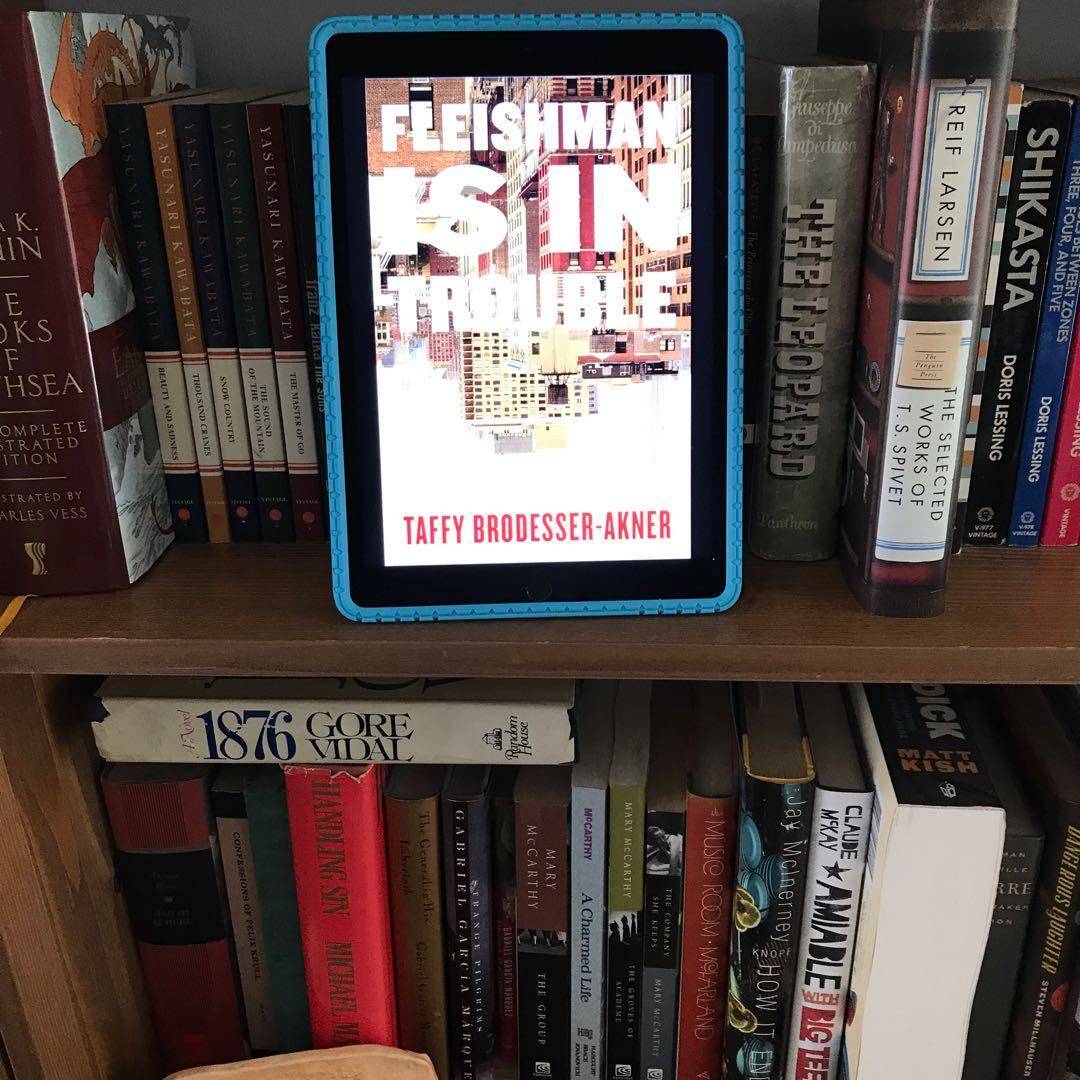
Tough book to read: there's really not a lot of enjoyment to be had from reading about a miserable marriage going down in flames. The enjoyment comes from the author's brilliant build up of the narrative, and her final ingenious solution. A lot has been made in the press about the humor of the book--there are some sharply funny moments, but overall I don't find raunch to be a good substitute for wit. Still, a very good novel and worth reading.
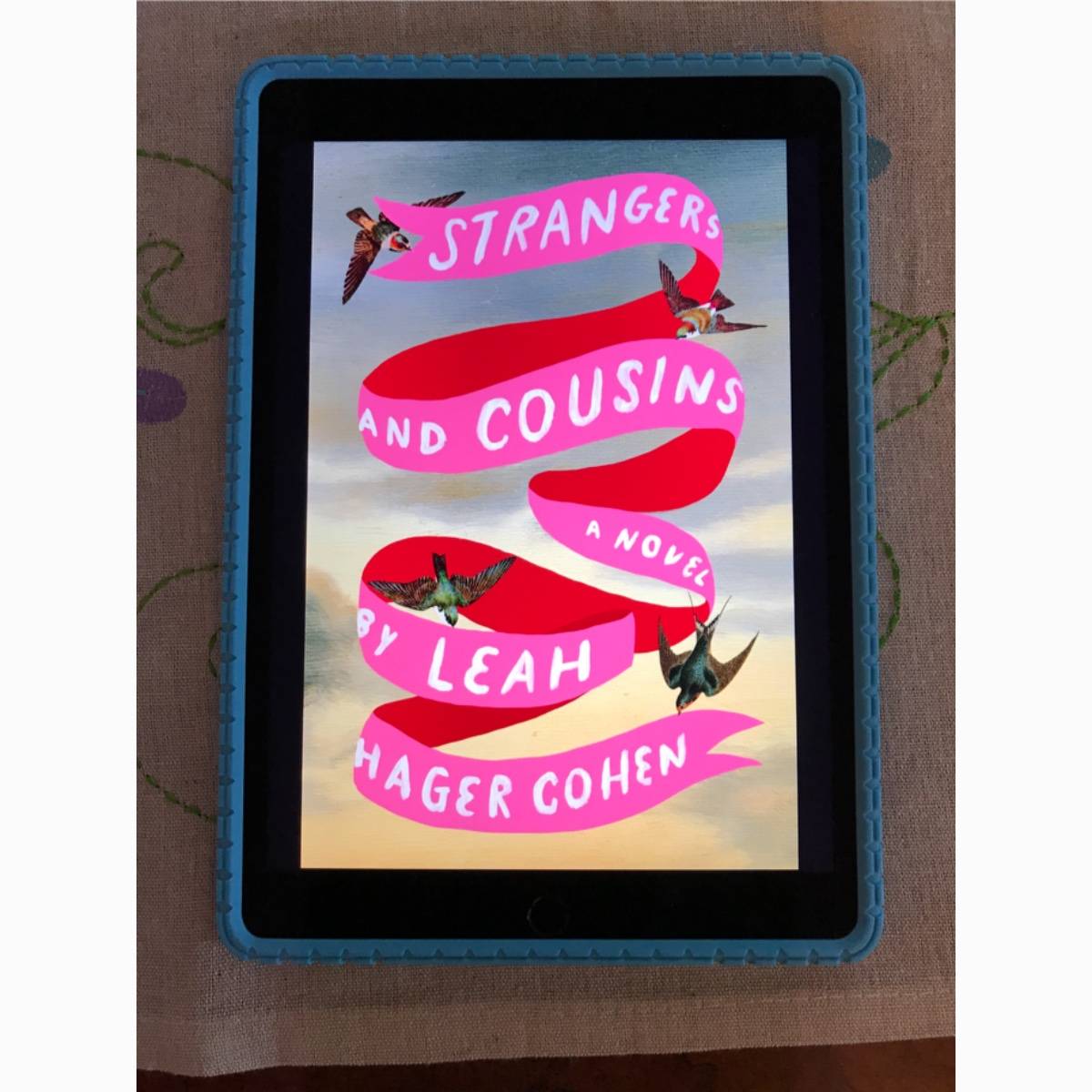
Truly superb novel, about as close to perfection as I think you can get. This is a genuinely moving and creative family story that is somehow resonant with every great family novel I've ever read. The family of the story is a lovely creation, and the author's special and unique skill is the ability to portray characters ranging from 5 to 85 with perfect accuracy and depth. The author's style is rich and allusive without being abstruse or quirky.
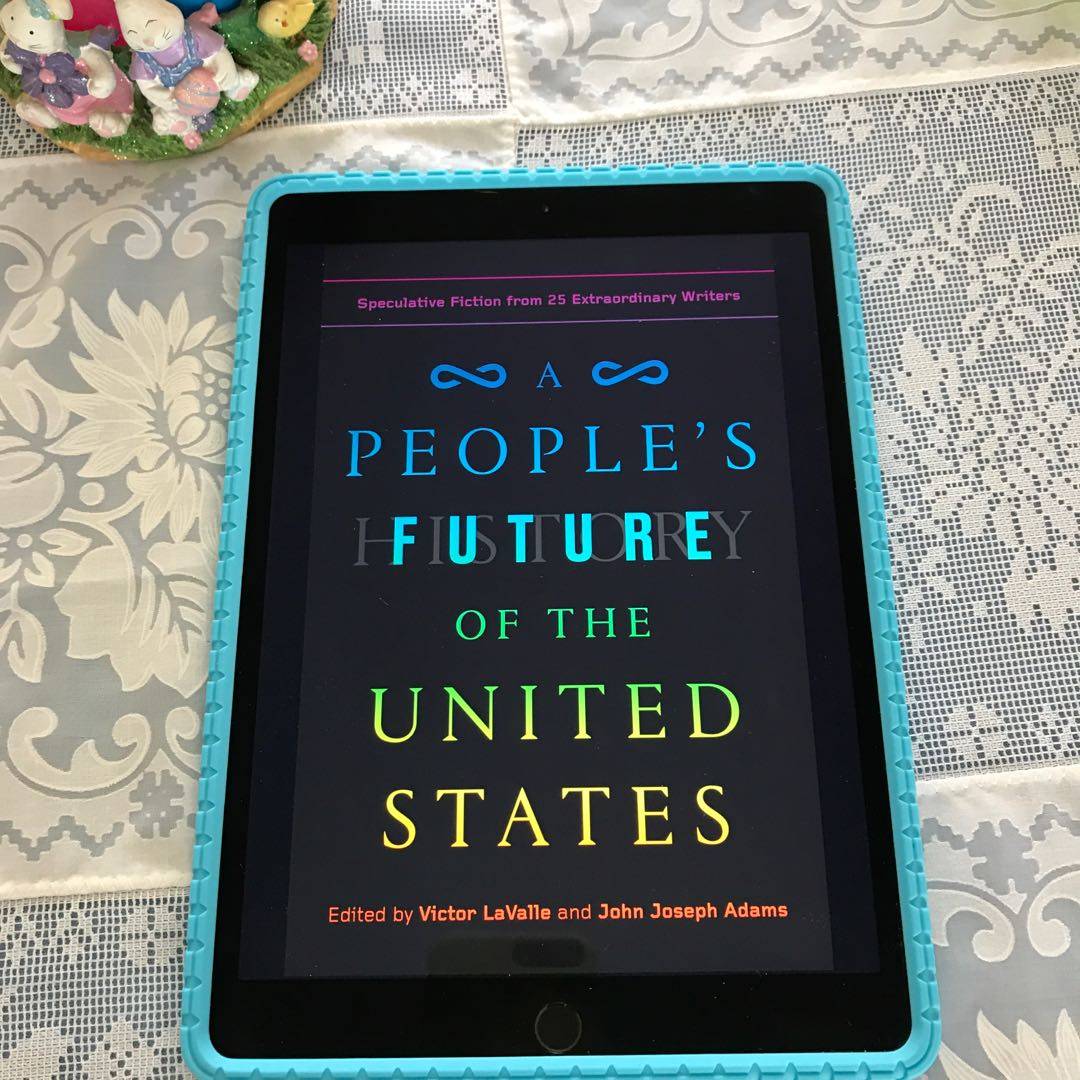
Absolutely loved this collection: it's timely, thoughtful, and full of creative thinking. I was hooked from the very first story, about a bookstore that straddles the line between a literally divided America, and the owner who tries to coexist between the two sides.
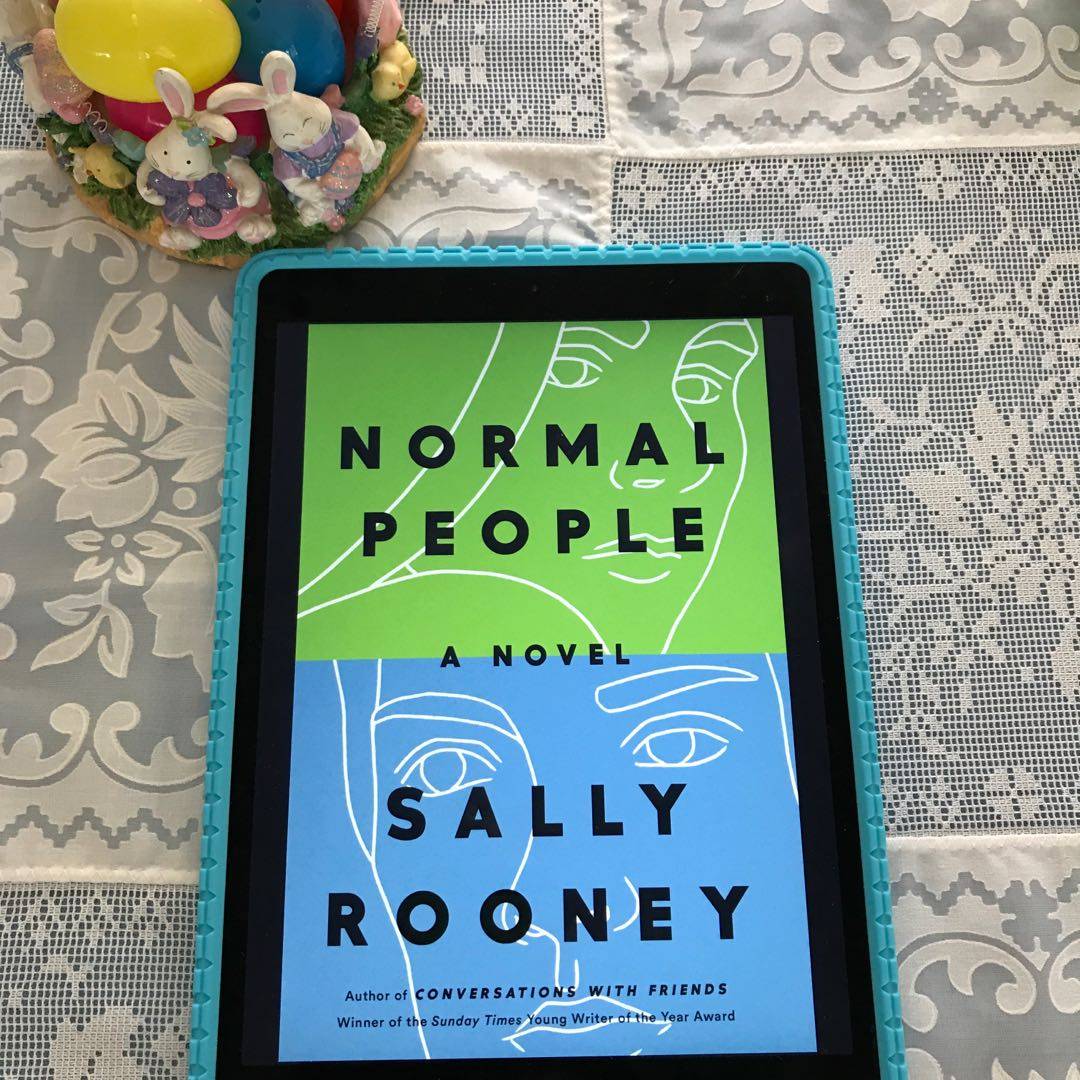
Well, here I am with a nice big bucket of Easter bile to pour all over Sally Rooney's Normal People. What a sad, tiresome, and banal story. These utterly static characters excel at making themselves and those around them miserable, seemingly without either the desire or the ability to inquire as to why.
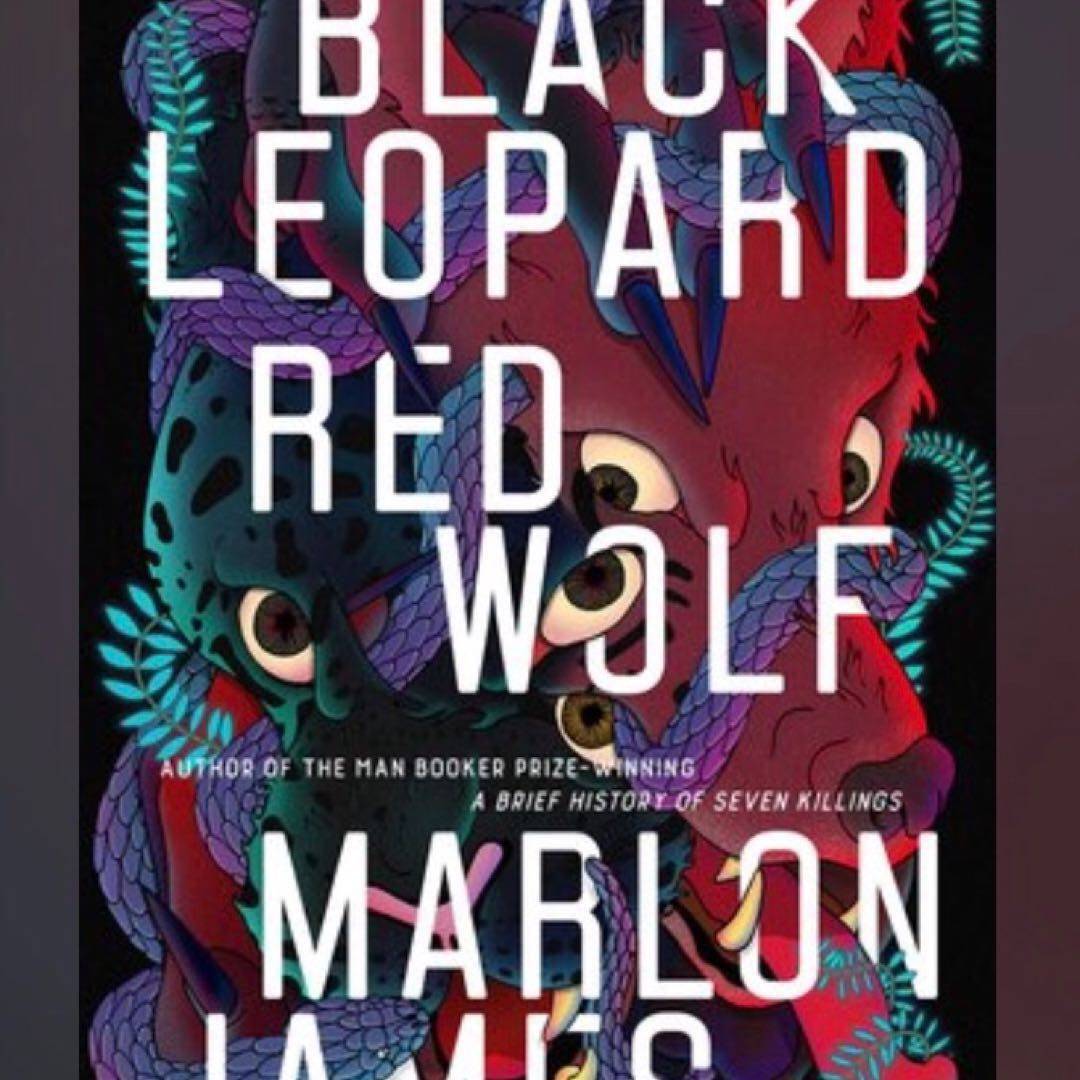
Obscenely, insanely violent book, largely without value. Some colorful writing, but a completely incomprehensible narrative. Complete waste of time and effort, trying to read this book--I'm sorry I spent so much time vainly trying to justify it.
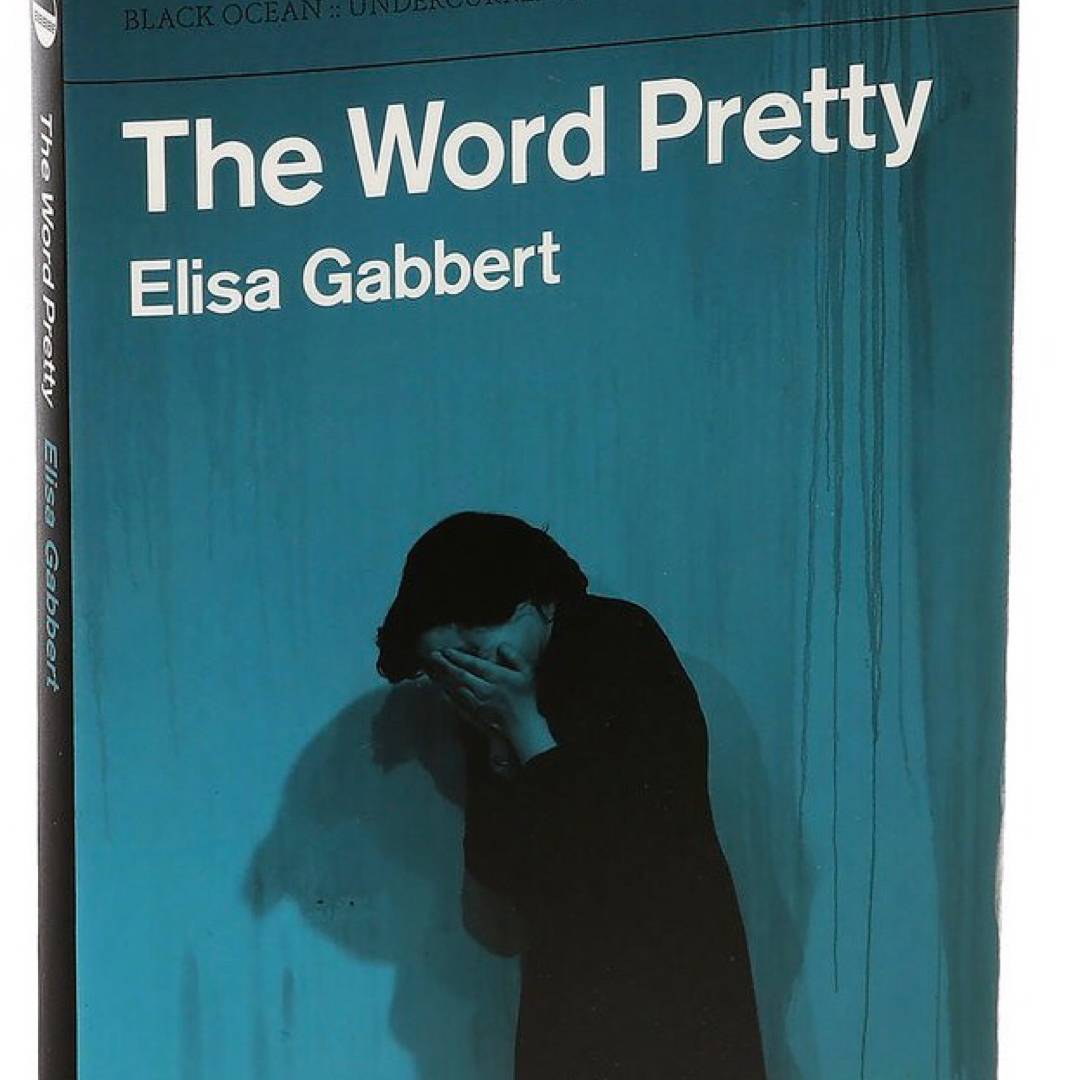
This book is a record of a very thoughtful and articulate reader. No huge theory of literature here, just a collection of notes and thoughts on her personal reading, and her experience of writing. The author notes, "I'm a promiscuous and impatient reader..." and that's half the fun of the book--her essays are all over the place, discussing dreams, translation, writing, and poetry.
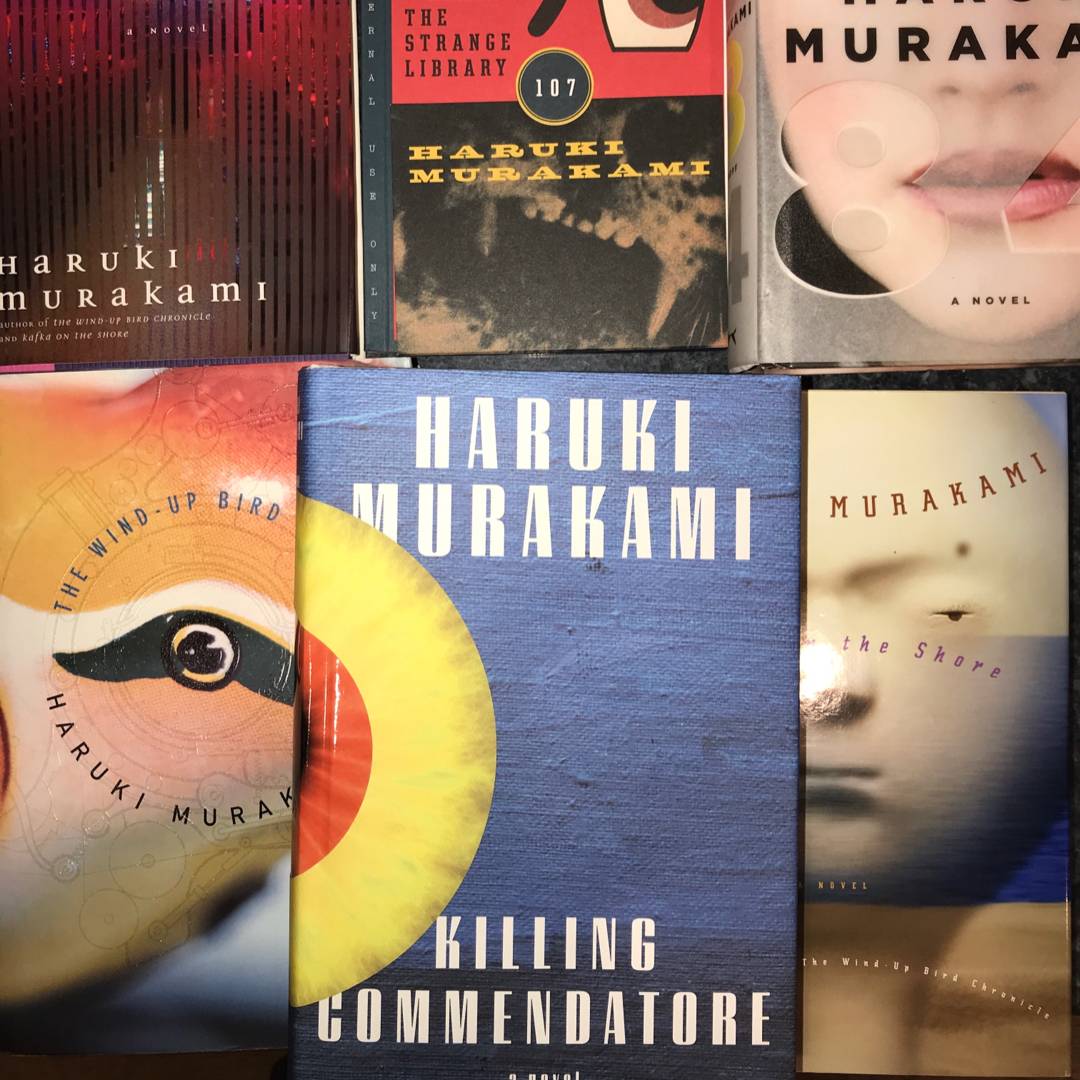
After his last two boring books, I'm glad to see Murakami return to his famous flights of fancy. Killing Commendatore is classic Murakami, with a nearly affectless hero, mysterious collaborators, spirits, and most important, dark and mysterious holes in the ground. Murakami also tipped his hand to what I think must be one of his sources--Ueda Akinari's Tales of Moonlight and Rain, an 18th century collection of supernatural stories. Loved it!
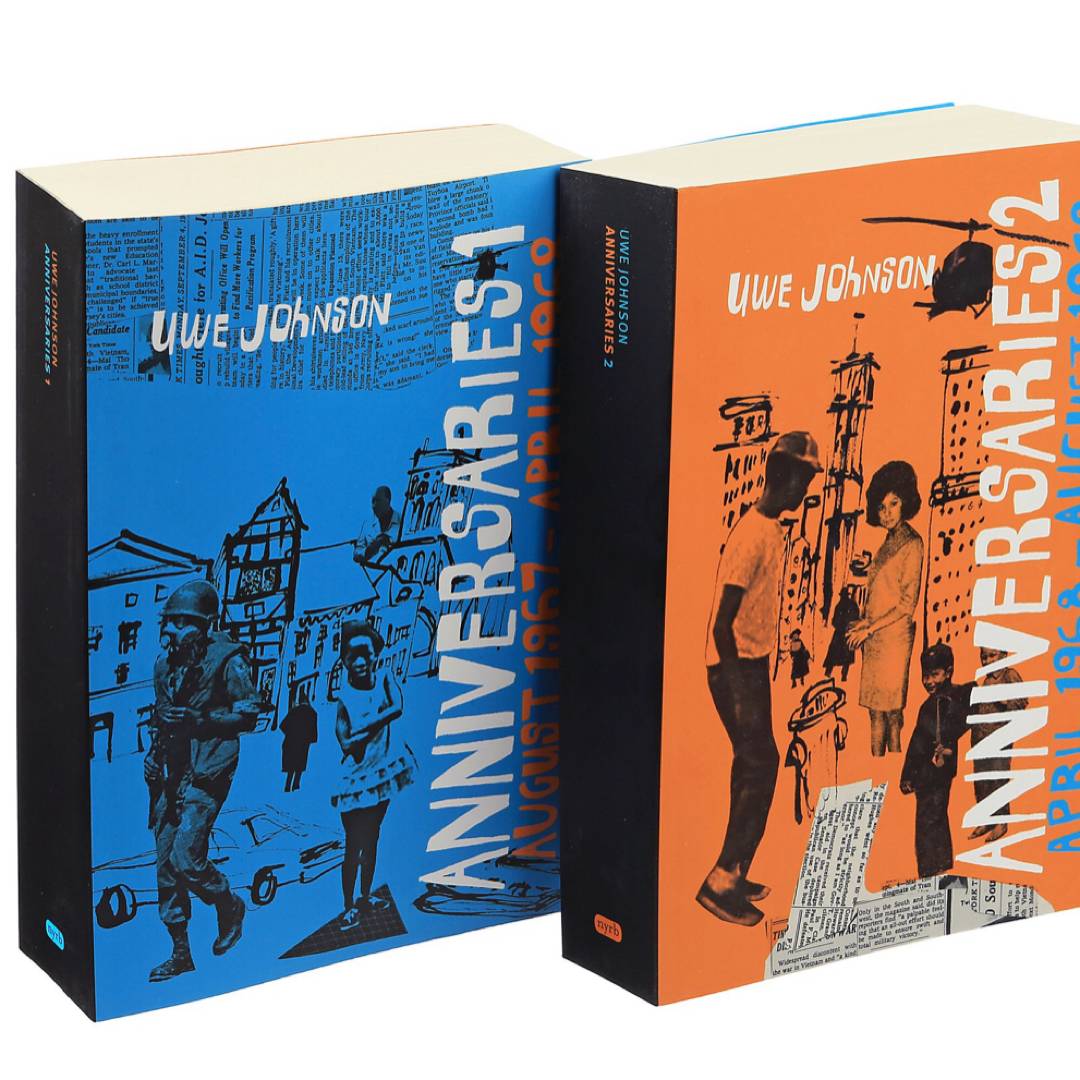
Loved this book: the framework of the novel is an entry for every day in the life of German emigre Gesine Cresspahl and her daughter Marie, summer of 1967-1968. Most days start with a summary of highlights from the New York Times, but then veer off into the story of Gesine's life growing up in Nazi Germany, surviving the war and subsequent Soviet occupation. Utterly gripping despite the 1600 page length.
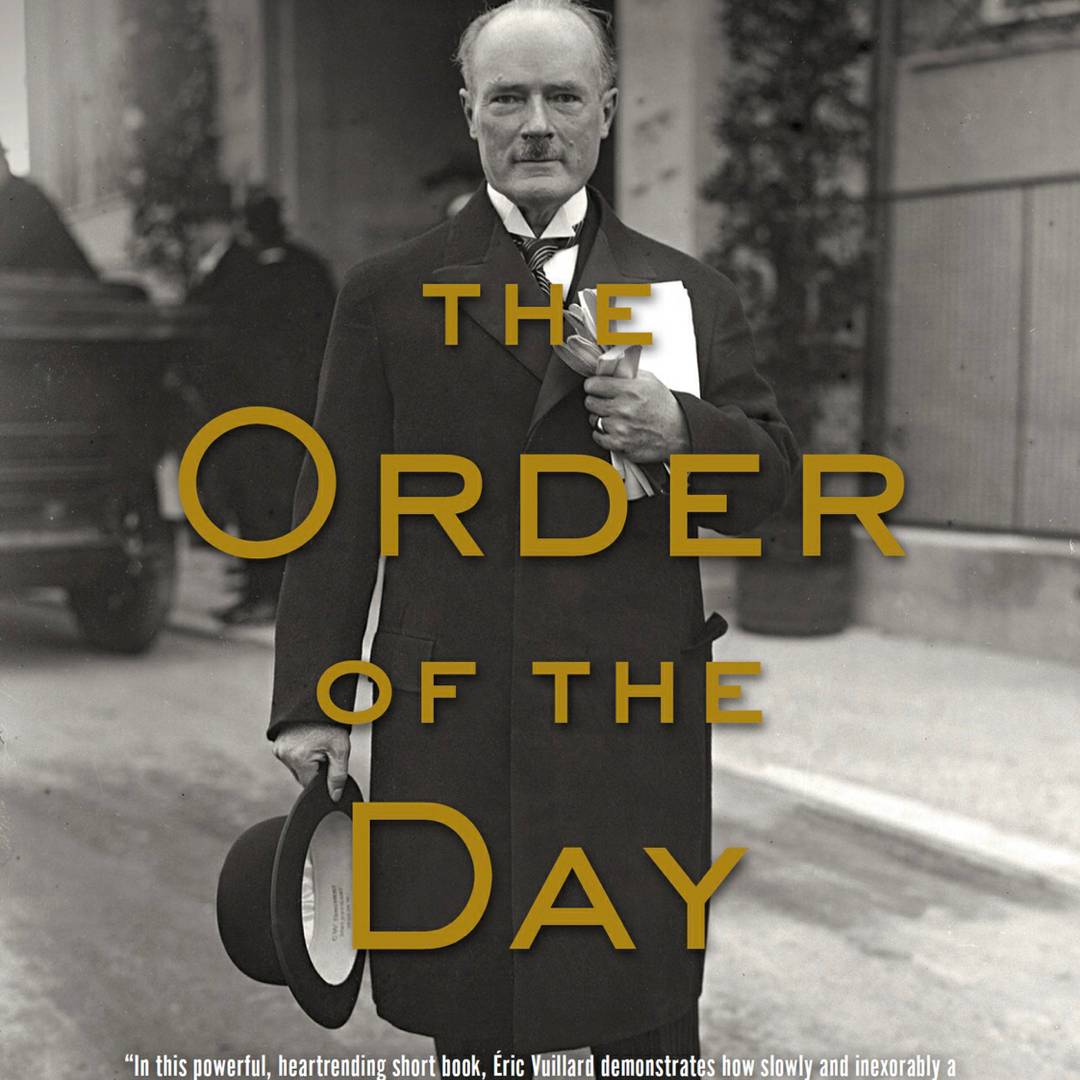
Absolutely brilliant novel. Vuillard picks up the Anschluss with tongs, and oh so carefully, with Gallic wit and precision, dissects the event minute by minute. The novel is utterly gripping, revealing, and ultimately, brutally disheartening: the story begins and ends with an examination of the German business leaders (Krupp, Siemens, Opel, etc., all well known modern enterprises) who facilitated the Nazis and walked away unharmed.
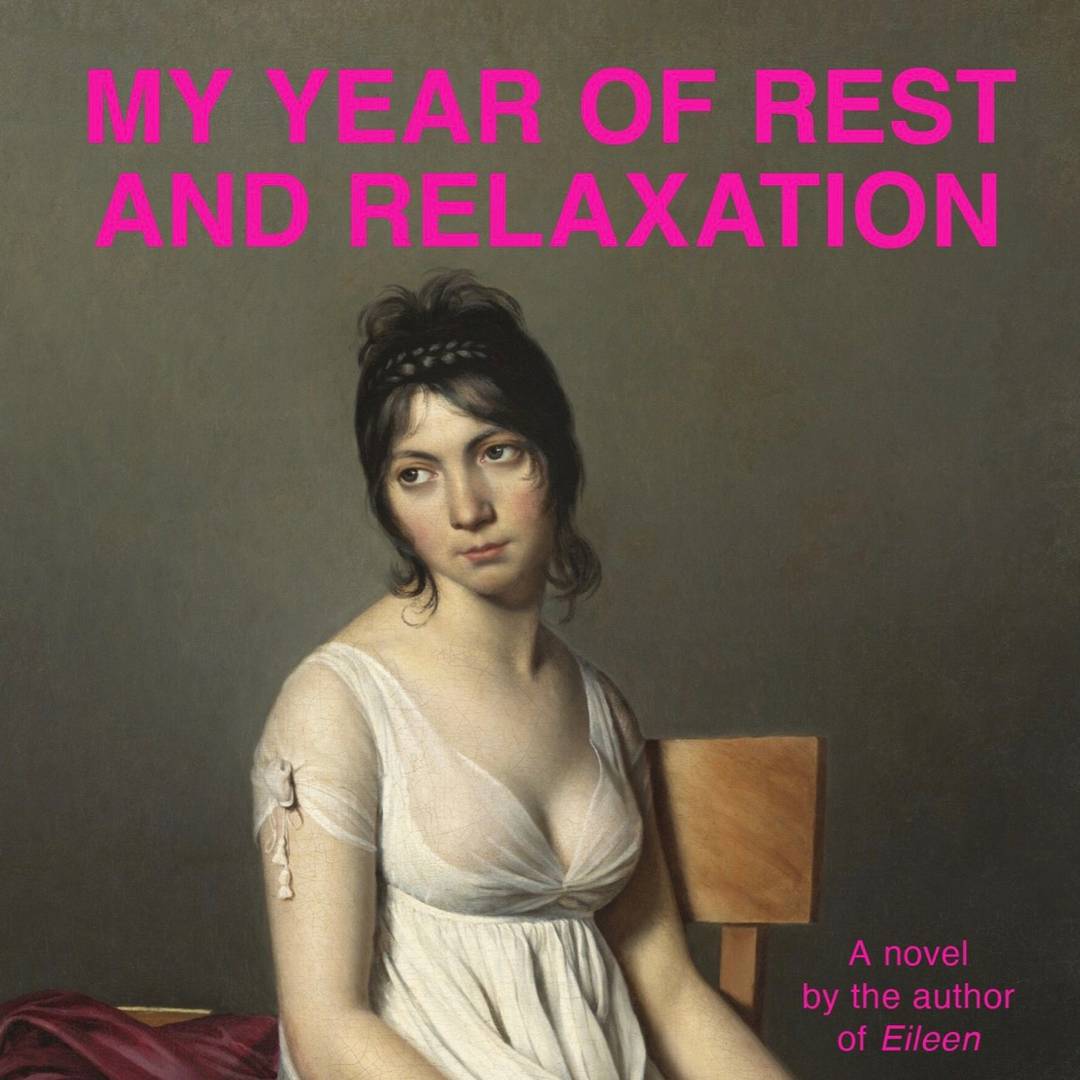
I was genuinely surprised by how much I enjoyed this book. Having read a couple books recently that were real downers, I wasn't sure I could take one more. But the author's prose is so deadpan amusing, it's hard not to laugh at even the sadder episodes. I was also surprised by the tight thematic coherence - friendship, withdrawal, and loss are held carefully in balance, and the result is a truly satisfying novel. Definitely recommended!
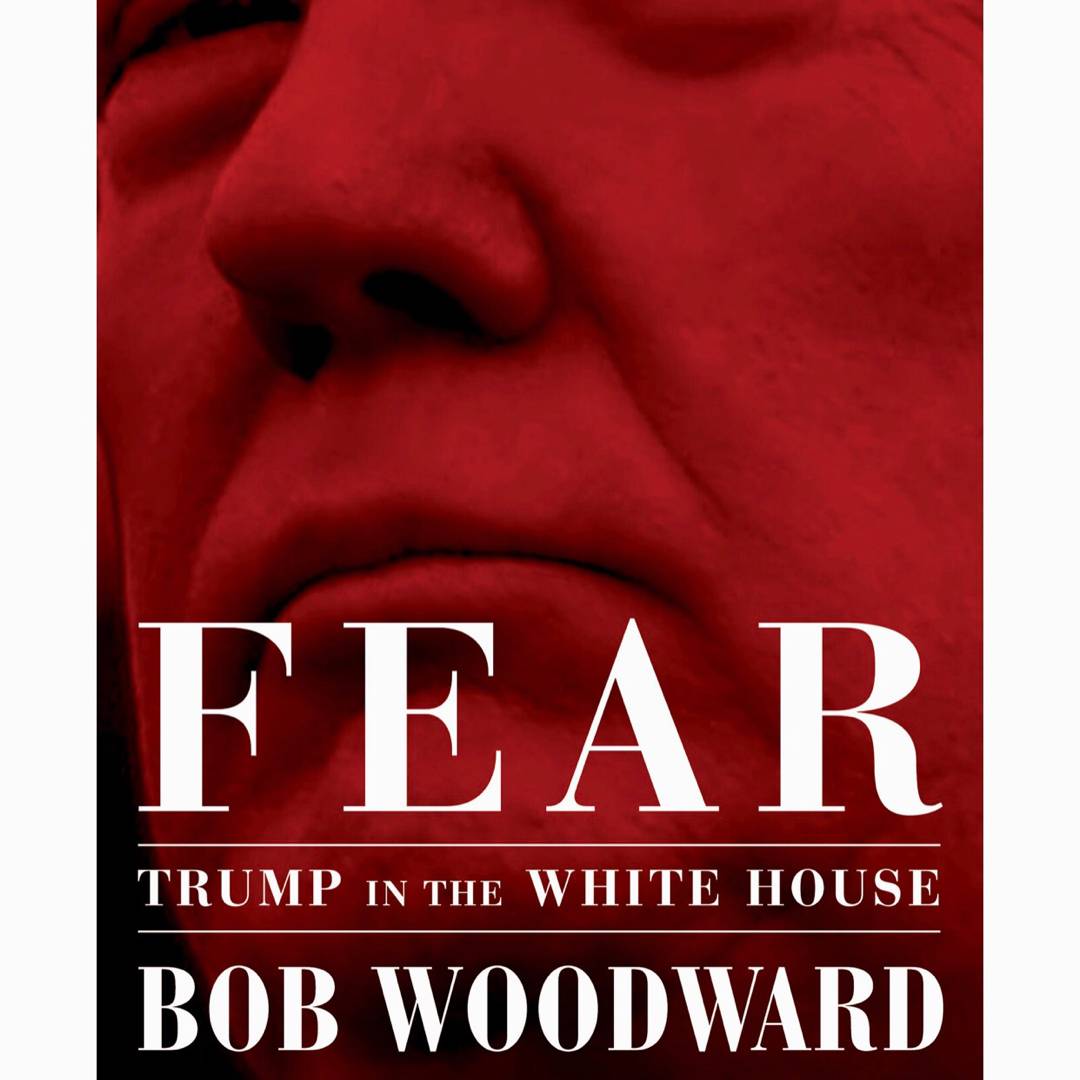
Honestly, no need to read this: all the best stuff was reported on the week before the book came out. All completely horrifying, to be sure, but at the end of the day, so what? What are we going to do about it?
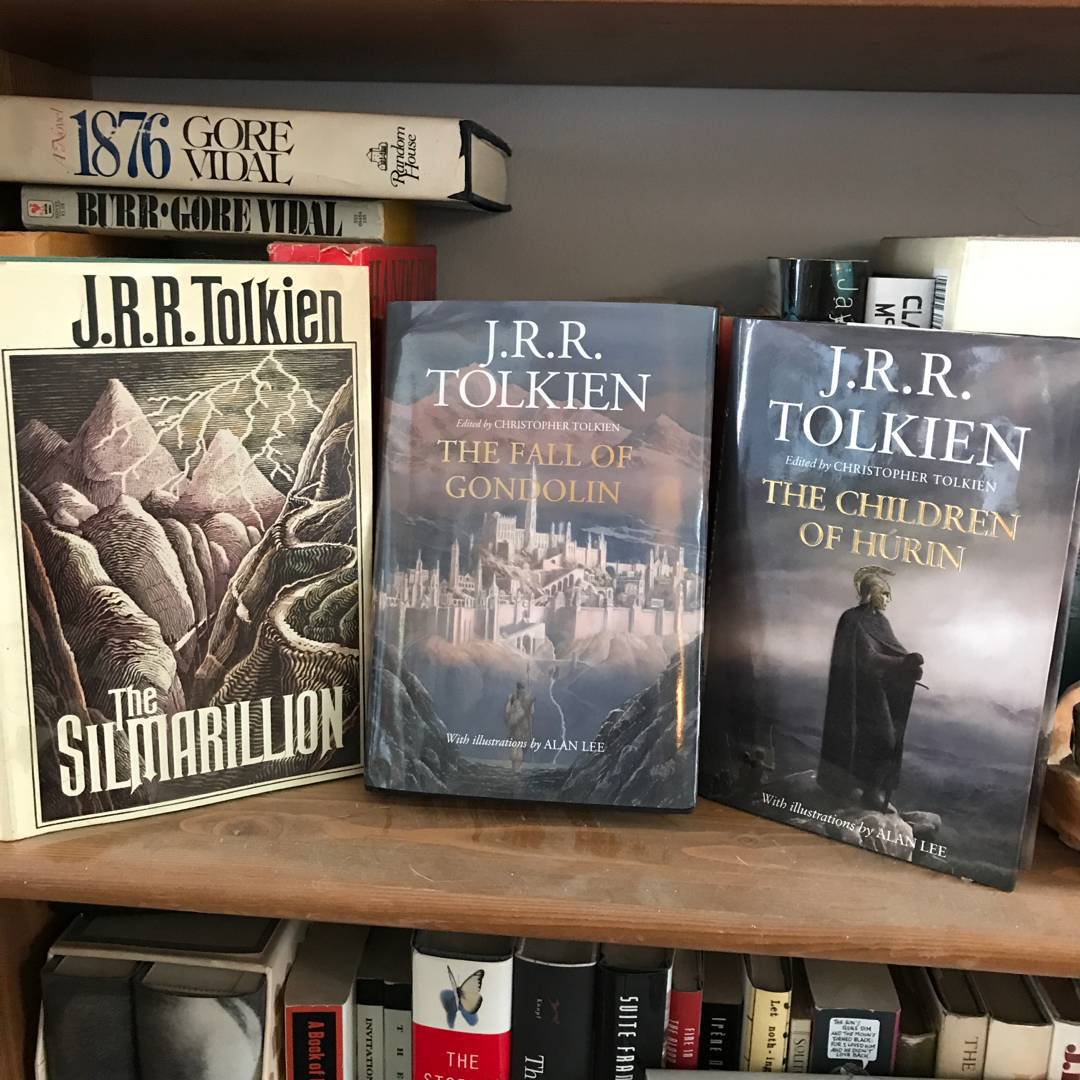
Well, I tried on this one, but to no avail: the book is truly unreadable. A series of stitched-together fragments can't be expected to have any kind of narrative coherence, I get that. But this early attempt of Tolkien to master the Anglo-Saxon heroic style is tedious at best - about five minutes of it was about all I could stand. Really, this is best for Tolkien scholars, so skip it, unless you're looking for a dissertation topic.
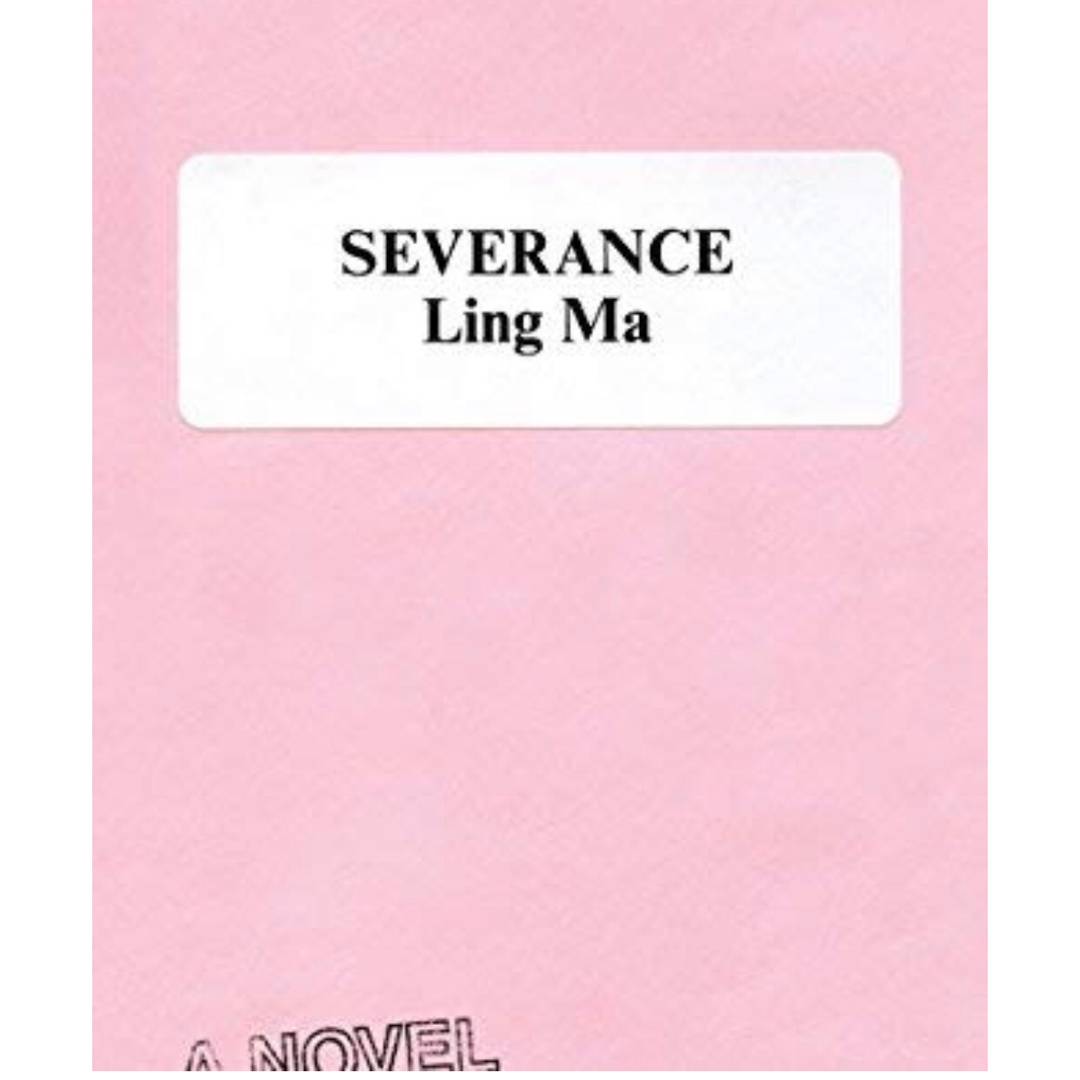
Severance is totally successful on multiple dimensions - at first I wasn't sure if it was all going to cohere, but the author does ultimately pull everything together. A Chinese-American girl's coming of age, life in the modern publishing biz, and an Apocalypse story are all stitched together with some lovely writing about New York. One of the best and most affecting novels I've read all year - I strongly recommend this one!
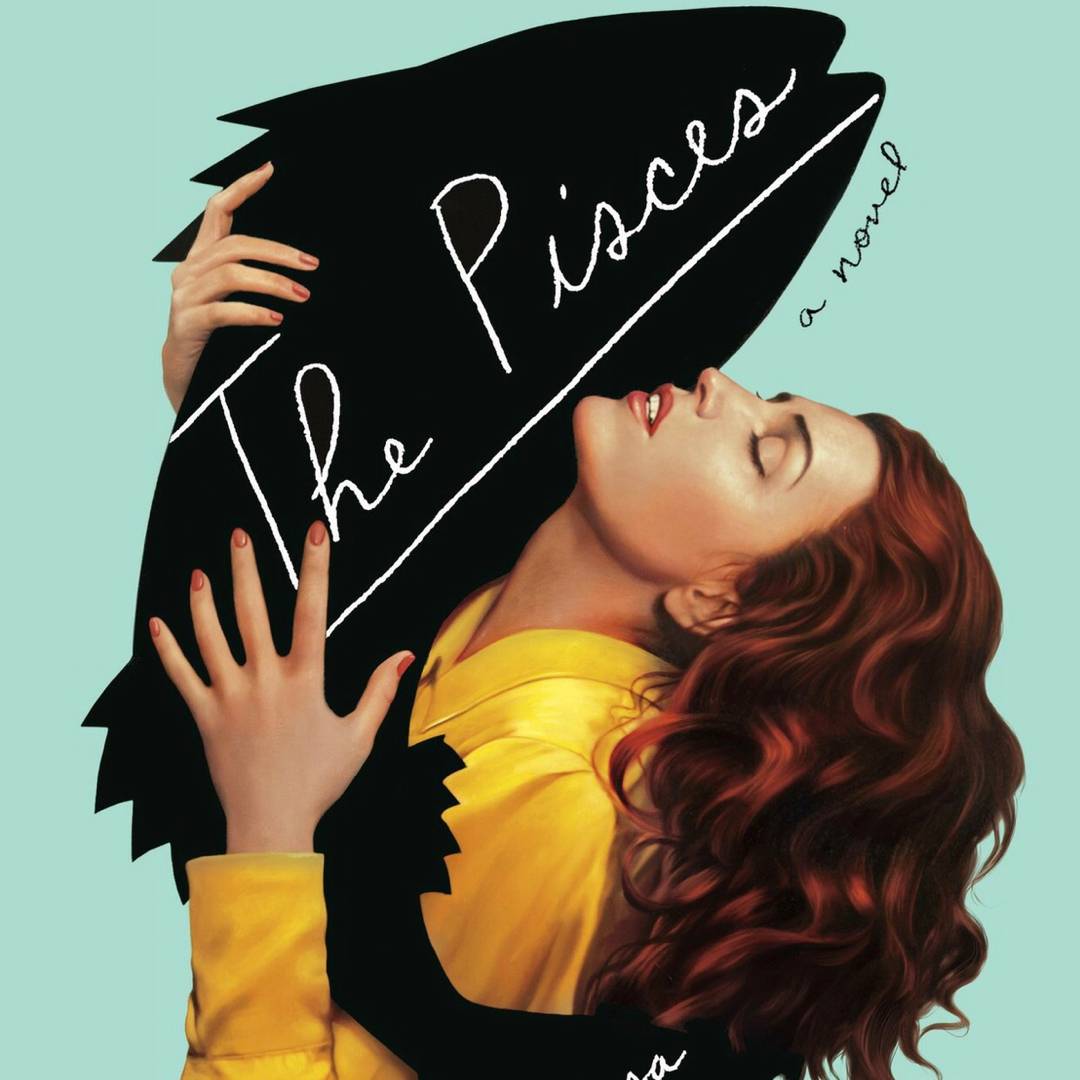
Breathtakingly filthy book that I cannot recommend to anyone. Although there are great flashes of intelligence, humor, and insight, the book is clearly the product of a diseased mind.
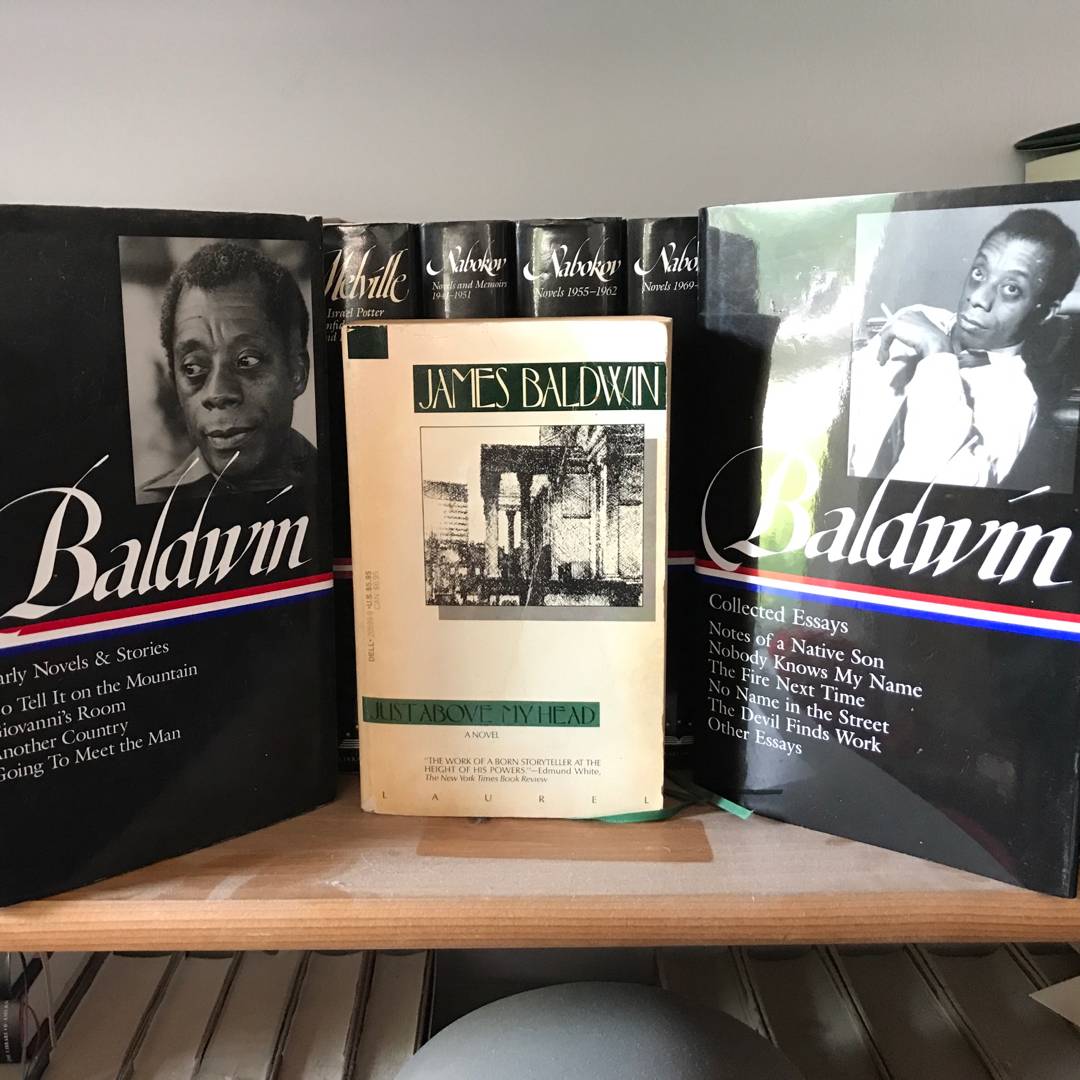
So many novels that are written now are so incredibly narcissistic, that Baldwin‘s wide-ranging novel is a breath of fresh air. The story is a family epic of a sort that seems uncommon nowadays: Hall Montana tells the story of his brother Arthur, a famed gospel singer, and the stories of their friends and family. Homosexuality and racism are intertwined with Baldwin‘s signature meditations on the state of culture. Long, complex masterpiece.